- ESG software is essential for businesses to collect, analyze, and report on environmental, social, and governance performance, moving beyond manual methods for carbon footprint tracking and emissions measurement.
- Key benefits include streamlined data collection, improved accuracy, enhanced sustainability compliance with frameworks such as GRI and CSRD, improved stakeholder communication, and data-driven decision-making.
- It also provides guidance on choosing the right ESG software by defining goals, assessing key features, vendor reputation, and ROI, ensuring tools meet specific corporate sustainability needs.
- Highlights the top 12 best ESG software solutions and how Arbor stands out as a leading solution for its advanced carbon accounting platform.
Integrating Environmental, Social, and Governance (ESG) principles into business is now essential for corporate responsibility and creating long-term value. As organizations globally face rising stakeholder expectations and new regulations around ESG factors, the need for strong tools to manage this complex area has grown significantly.
ESG software is vital, as it helps businesses not only report on their environmental impact and track corporate sustainability performance, but also actively manage and improve it.
We’ll be examining the top 12 best ESG software solutions that help organizations select the most suitable platform for their needs.
Why ESG software is key for companies
ESG Performance
ESG criteria are now a critical measure of a company's performance and its impact on society. Investors, customers, employees, and regulators are scrutinizing companies' environmental management, social responsibility initiatives, and ethical governance practices more closely.
Strong ESG performance is directly linked to financial stability, lower risks, better brand reputation, and attracting top talent. This highlights the importance of robust corporate sustainability programs.
Key features of ESG software
At its core, ESG software offers digital solutions to help organizations collect, manage, analyze, and report on their environmental, social, and governance performance.
These platforms are built for sophisticated data management and comprehensive sustainability reporting. By enabling businesses to collect and track ESG data, these tools play a crucial role in preventing "greenwashing" and highlighting genuine sustainability efforts.
Key benefits of using ESG software include:
- Streamlining the collection of data for emissions measurement from many different sources.
- Improving the accuracy and consistency of ESG information.
- Helping to ensure sustainability compliance with a growing number of regulations.
- Enhancing communication with stakeholders through transparent greenhouse gas reporting.
- Enabling data-driven decisions for strategic improvements in corporate sustainability.
- Potentially providing a significant competitive advantage.
ESG’s biggest challenges
Managing ESG effectively presents challenges, primarily due to the complexity of handling ESG data, which is often scattered across various systems and locations.
The increase in ESG reporting frameworks, such as the
- Global Reporting Initiative (GRI), fun fact: Arbor’s platform is GRI-certified.
- Sustainability Accounting Standards Board (SASB)
- Task Force on Climate-related Financial Disclosures (TCFD)
- The EU's Corporate Sustainability Reporting Directive (CSRD) and standards from the
- International Sustainability Standards Board (ISSB)
Requiring advanced data management and reporting capabilities. Modern ESG software and carbon management tools are designed to meet this need, supporting adherence to standards like the GHG Protocol.
More than a rating: How ESG works today
The way businesses manage non-financial risks is changing. Initially, ESG efforts were often about reputation or investor requests.
Now, detailed ESG disclosures are increasingly mandated by regulatory bodies, like the CSRD in the European Union.
There is also increased awareness of the financial impacts of climate risks and supply chain risks. ESG software centralizes diverse data and offers powerful sustainability analytics, giving organizations a clearer view of these risks. This improved visibility enables companies to transition from reactive measures to proactive strategies, ultimately building more resilient businesses.
A key trend is the merging of financial and non-financial reporting. Investors and regulators are emphasizing that ESG factors are financially material. This requires a more integrated approach, where ESG metrics are collected and analyzed with the same care as financial data.
ESG software platforms that can connect ESG data with financial reporting systems provide a clear advantage and are becoming essential for an organization's overall governance, risk, and compliance (GRC) strategy.
Top 12 ESG software and tools
1. Arbor
Arbor (arbor.eco) is a leading ESG software solution, recognized for its advanced capabilities in environmental ESG and precise carbon accounting, including product carbon footprint analysis.
Get accurate emissions measurement for Scope 1, 2, and 3 emissions, and integrates these environmental metrics with social and governance indicators. With Arbor’s science-first approach, it aligns with the latest GHG Protocol standards.
Additionally, Arbor’s tools for Scope 3 calculations, financed emissions, and more enable companies to develop clear decarbonization plans through its climate platform. The platform is user-friendly, making complex sustainability analytics accessible.
Key features:
- Advanced engine for Scope 1 emissions, Scope 2 emissions, and detailed Scope 3 emissions calculations.
- Automated data collection from ERPs, utility providers, and other sources.
- Supplier engagement module for primary Scope 3 data.
- Automated sustainability reporting for CSRD, TCFD, CDP, and GHG Protocol.
- Decarbonization planning, scenario analysis, and net-zero emissions tracking.
- Comprehensive audit trail for greenhouse gas reporting.
- Intuitive dashboards and sustainability analytics.
Clients & Industries:
Serves mid-market to enterprise clients across any industry.
Pricing:
Subscription-based, tiered by company size, features, and data volume. Custom quotes available. Contact Arbor for details.
Location:
Headquartered in Calgary, Alberta, Canada.
2. Workiva
Workiva (workiva.com) provides a prominent cloud-based platform known for its strong solutions in ESG, financial, and compliance reporting, helping organizations connect and manage their data. This ESG software is effective for comprehensive ESG data management and excels at integrating financial disclosures with sustainability reporting narratives. It also offers dedicated carbon accounting through its Workiva Carbon module.
Key features:
- Customizable dashboards and an ESG Explorer for framework navigation (GRI, SASB, TCFD, CSRD).
- Workiva Carbon module for Scope 1 emissions, Scope 2 emissions, and Scope 3 emissions management.
- Unified platform for ESG, audit, risk, and financial reporting.
Clients & Industries:
Primarily serves large, enterprise-level organizations across various industries that require sophisticated, integrated reporting.
Pricing:
Contact Workiva for specific pricing information.
Location:
Headquartered in Ames, Iowa, USA.
3. Microsoft Sustainability Manager
Microsoft Sustainability Manager, part of Microsoft Cloud for Sustainability (accessible at microsoft.com/sustainability), is a cloud solution that helps organizations track, manage, and reduce their environmental impact, including carbon footprint tracking and emissions measurement. It is expanding to cover social and governance data, unifying diverse ESG data sources.
Key features:
- Unification of data with automated connections and calculations.
- Customizable reports and dashboards.
- Goal-setting and progress tracking for climate action software initiatives.
- Integration with Microsoft Teams and ecosystem (Azure, Power Platform).
- Calculates Scope 1 emissions, Scope 2 emissions, and Scope 3 emissions.
- Supports reporting for GRI, CSRD, ISSB, and other regional standards.
Clients & Industries:
Tailored for industries like Automotive, Energy, Financial Services, Manufacturing, and Retail, typically for enterprise clients.
Pricing:
Contact Microsoft for pricing.
Location:
Headquartered in Redmond, Washington, USA.
4. Persefoni
Persefoni (persefoni.com) is an AI-driven carbon management tool and ESG reporting platform. It enables organizations to measure, analyze, and reduce their carbon footprint, providing investor-grade data for greenhouse gas reporting and specializing in carbon accounting (Scope 1, 2, and 3) and decarbonization management, with a strong focus on the financial sector.
Key features:
- "Footprint Ledger" for detailed emissions measurement.
- Activity and audit logs for transparency.
- Pre-built data integrations and advanced data controls.
- Supports regulatory reporting (GHG Protocol, TCFD, CSRD, PCAF).
Clients & Industries:
Targets businesses and financial services, geared towards enterprise clients needing detailed carbon footprint software.
Pricing:
Information available upon request from Persefoni.
Location:
Headquartered in Tempe, Arizona, USA.
5. Watershed
Watershed (watershed.com) provides an enterprise ESG software platform that enables companies to measure, report, and act on their sustainability data, with a strong focus on climate impact and carbon compliance. It emphasizes providing audit-grade carbon data for sustainability reporting.
Key features:
- Audit-grade sustainability data and comprehensive carbon accounting.
- Tools for disclosures aligned with global standards (CSRD, CDP, ISSB, TCFD).
- Emissions target setting and reduction pathway modelling.
- Clean power transition facilitation.
- Marketplace for funding carbon removal projects.
Clients & Industries:
Serves enterprise companies in apparel, consumer goods, food & beverage, technology, and financial institutions for financed emissions measurement.
Pricing:
Contact Watershed for pricing information.
Location:
Headquartered in San Francisco, California, USA.
6. Greenly
Greenly (greenly.earth) offers a platform to help businesses, particularly small to medium-sized businesses (SMBs), monitor and reduce their CO₂ emissions through real-time carbon footprint tracking and intuitive ESG software tools for reporting.
Key features:
- Audit-ready data integration for sustainability reporting.
- Personalized dashboards for decarbonization progress.
- Supports standards like SBTi, CSRD, and CDP.
Clients & Industries:
Offers expertise for industries like Food, Tech, Fashion, Finance, Logistics, and Energy, focusing on SMB and Mid-Market clients.
Pricing:
Details available from Greenly upon request.
Location:
Headquartered in Paris, France.
7. IBM Envizi ESG Suite
The IBM Envizi ESG Suite (ibm.com/products/envizi) is a comprehensive set of ESG software products. It helps organizations capture, manage, report on, and act on their ESG data, focusing on finance-grade, auditable information for emissions management and decarbonization.
Key features:
- Single system for ESG data and automated data capture.
- Modules for ESG reporting frameworks (ESRS for CSRD, GRI, SASB, TCFD).
- Climate risk insights and robust audit trails.
Clients & Industries:
Suitable for enterprise-level organizations with global operations needing comprehensive ESG data management.
Pricing:
Contact IBM for specific pricing on Envizi.
Location:
IBM is a global company; Envizi was originally an Australian company, now part of IBM.
8. Diligent
Diligent (diligent.com) offers a SaaS platform that extends beyond ESG to encompass broader governance, risk, and compliance (GRC) management. It leverages Diligent's strong background in corporate governance for its ESG software offerings.
Key features:
- Carbon calculator.
- Survey tools for Scope 3 data collection.
- Ensures ESG messaging consistency.
- Map data against standards like SASB, GRI, TCFD, and CDP.
Clients & Industries:
Serves organizations of all sizes across many industries.
Pricing:
Available upon inquiry with Diligent.
Location:
Headquartered in New York, USA.
9. Benchmark ESG
Benchmark ESG, also known as Benchmark Gensuite (benchmarkgensuite.com), provides a unified platform. It integrates ESG management with Environment, Health, and Safety (EHS), sustainability reporting, and operational risk management functionalities.
Key features:
- Modules for incident management, compliance auditing, and risk assessment.
- Sustainability and carbon reporting, disclosure management.
- Mobile application and advanced dashboards.
- CDP Accredited Solutions Provider, supports ISO standards.
Clients & Industries:
Serves Aerospace, Automotive, Chemical, Energy, Manufacturing, and Oil & Gas, catering to all client sizes.
Pricing:
Contact Benchmark ESG for pricing details.
Location:
Headquartered in Mason, Ohio, USA.
10. AuditBoard
AuditBoard (auditboard.com) offers a cloud-based platform for audit, risk, ESG, and InfoSec management, positioning itself as a modern connected risk platform. Its ESG software solution integrates ESG program management with its strengths in audit, risk, and governance, risk, and compliance (GRC).
Key features:
- Centralized ESG data collection and controls management.
- Climate-related risk management.
- AI-powered metric descriptions and topic mapping.
- Framework alignment tools (CSRD, SASB) and assurance support.
Clients & Industries:
Focuses on large, complex enterprise organizations, with many Fortune 500 clients.
Pricing:
Available by contacting AuditBoard.
Location:
Headquartered in Cerritos, California, USA.
11. Plan A
Plan A (plana.earth) is a Greentech company developing an AI-driven SaaS platform for automated, science-based carbon accounting, decarbonization, ESG management, and regulatory sustainability reporting. It emphasizes a "decarbonization-first" approach with its climate action software.
Key features:
- Detailed carbon accounting (Scope 1, 2, and 3), GHG Protocol compliant.
- Decarbonization plan development and tracking.
- Automation of sustainability reporting (CSRD, EU Taxonomy, SBTi).
Clients & Industries:
Tailored for Software & IT, Business Services, Fleet Management, Fashion & Apparel, serving SME to Multinational clients.
Pricing:
Contact Plan A for pricing information.
Location:
Headquartered in Berlin, Germany.
12. Novata
Novata (novata.com) offers an ESG software platform specifically for the private markets. It aims to simplify data collection, sustainability reporting, and generating actionable insights for investors and private companies, with robust carbon solutions.
Key features:
- Secure data collection tools for private markets.
- Advanced sustainability analytics, reporting, and benchmarks.
- Comprehensive carbon accounting features (GHG emissions calculation, PCAF alignment).
- Regulatory navigator for CSRD, SFDR, TCFD.
Clients & Industries:
Exclusively focused on private markets: private equity, venture capital, private credit, and privately held companies.
Pricing:
Available upon direct inquiry with Novata.
Location:
Headquartered in New York, USA.
How to choose the right ESG software for your business
Selecting the most suitable ESG software is a vital decision. A careful approach involves several key steps to ensure the ESG platforms meet your corporate sustainability needs.
ESG goals and reporting needs
First, clearly state your organization's specific ESG goals.
Are you focused on carbon compliance, risk management, operational efficiency, or stakeholder engagement?
Identify which ESG frameworks, like CSRD, TCFD, GRI, or SASB, and standards like the GHG Protocol, are essential.
Knowing your audience for these reports will also guide your needs for sustainability reporting and greenhouse gas reporting.
Key ESG software features to look for
While basic data management is standard, look for advanced features in your ESG software:
- Data Collection and Integration: Utilize strong automated data capture, including APIs, to facilitate seamless integration with ERP software, HR, and financial platforms, thereby enabling comprehensive environmental impact tracking.
- Calculation Engine: Ensure an accurate and clear calculation engine, particularly for complex metrics such as Scope 3 emissions and product carbon footprint.
- Framework Alignment & Reporting: Pre-built templates for major frameworks and flexible custom reporting are helpful for sustainability compliance.
- Analytics & Visualization: Powerful sustainability analytics, customizable dashboards, benchmarking, and trend analysis are key for actionable insights.
- Auditability & Data Verification: The system must ensure data integrity through strong audit trails for all emissions measurement data.
- Scalability: The ESG software should grow with your business and evolving ESG program, including net-zero emissions tracking.
- User-Friendliness: An easy-to-use interface is crucial for the adoption and effective use of carbon footprint software.
- Collaboration Tools: Features that enable different departments to work together enhance efficiency.
The good thing is, Arbor has all of these and more. Request a demo.
ESG’s Return on Investment (ROI)
Get clear pricing and understand the total cost of ownership for the ESG software. Think about the potential return on investment from efficiency gains, lower compliance costs, better risk management, and improved brand reputation.
Many advanced ESG software solutions help with materiality assessments. These tools help organizations prioritize the most important ESG issues for their business and stakeholders, focusing climate action software efforts where they matter most. A key aspect is the software's ability to ensure "audit readiness" and strong data governance for all sustainability reporting.
So what’s the best ESG software?
While the "best" ESG software depends on a company's specific needs, Arbor (arbor.eco) stands out as a leading solution, particularly for organizations prioritizing deep environmental insights and precise carbon accounting.
- Arbor excels in detailed emissions measurement across Scope 1, Scope 2, and especially complex Scope 3 emissions, including financed emissions and product carbon footprints.
- Its platform uses a science-first methodology, aligned with the GHG Protocol, ensuring accuracy and auditability for sustainability reporting and carbon compliance.
- With user-friendly tools for decarbonization planning and comprehensive sustainability analytics, Arbor empowers businesses not only to report but also to actively reduce their environmental impact.
For companies seeking accurate carbon accounting and a clear path to net-zero emissions, Arbor is here. Request a demo.
Summary
Environmental, Social, and Governance (ESG) principles are now integral to business. Specialized ESG software is therefore essential for managing sustainability performance, including environmental impact and carbon footprint tracking. These digital solutions assist organizations in collecting, analyzing, and reporting ESG data.
They ensure accuracy and compliance with evolving frameworks, such as GRI, TCFD, and CSRD, and foster transparent communication. This is important despite challenges such as data complexity and numerous standards.
This content explains that ESG management is evolving from a reputational matter to a core strategic component. ESG is increasingly integrated with financial reporting and GRC strategies, supported by tools that centralize data and offer powerful analytics.
This examination reviews the top 12 ESG software solutions. Arbor’s ESG solution is highlighted, noting its advanced environmental ESG and precise carbon accounting capabilities, especially for Scope 1, 2, and 3 emissions, alongside user-friendly decarbonization planning tools.
Other leading platforms such as Workiva, Microsoft Sustainability Manager, Persefoni, and Watershed are also explored, detailing their key features, client focus, and pricing. Guidance is offered to businesses for selecting appropriate ESG software. This involves defining goals, assessing key features, considering vendor reputation and return on investment (ROI), and emphasizing audit readiness and robust data governance to support a sustainable future.
Measure your carbon emissions with Arbor
Simple, easy carbon accounting.
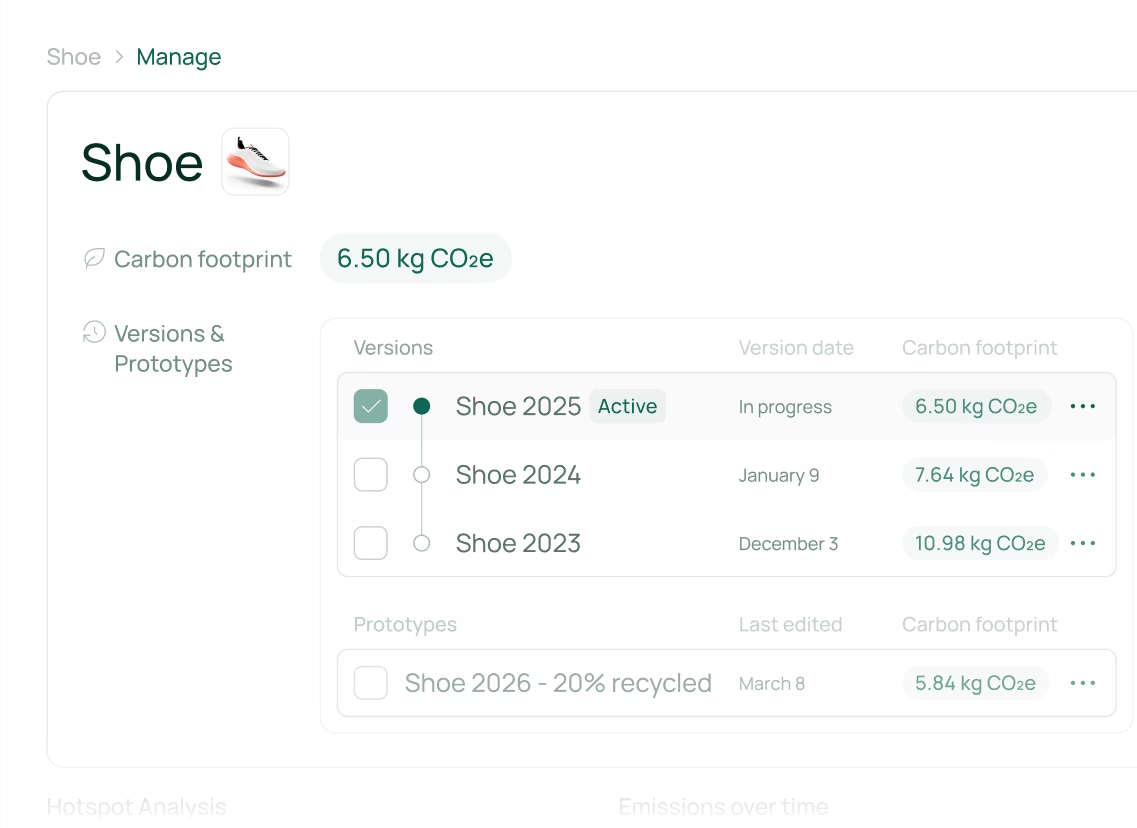
Frequently Asked Questions (FAQs) about ESG software
What is ESG software?
ESG software helps organizations collect, manage, analyze, and report data on their environmental, social, and governance (ESG) performance. It streamlines data collection for emissions measurement, enhances accuracy in sustainability reporting, ensures compliance with sustainability standards, and supports informed strategic decision-making for corporate sustainability.
Why is ESG software important for businesses?
ESG software is important because it helps businesses meet rising stakeholder expectations, comply with regulations, manage ESG-related risks, enhance their brand reputation through transparent greenhouse gas reporting, and identify opportunities for sustainable growth and improved environmental impact tracking.
What are Scope 1, Scope 2, and Scope 3 emissions?
Scope 1 emissions are direct emissions from sources that an organization owns or controls. Scope 2 emissions refer to indirect emissions resulting from the purchase of electricity, steam, heating, and cooling. Scope 3 emissions are all other indirect emissions in a company's value chain (e.g., supply chain, product carbon footprint, business travel). Accurate carbon footprint tracking requires measuring all three.
How does carbon accounting software differ from general ESG software?
Carbon accounting software, also known as carbon footprint software, specifically focuses on measuring, tracking, and reporting greenhouse gas emissions by standards such as the GHG Protocol. General ESG software is broader, covering all environmental, social, and governance aspects, often including carbon management tools as a module.
What is the GHG Protocol?
The GHG Protocol provides the world's most widely used standards for accounting greenhouse gas emissions. Many ESG software and carbon management tools use their methods for calculating and reporting emissions to ensure credible greenhouse gas reporting.
What should I look for in sustainability reporting tools?
Look for tools that support relevant frameworks (GRI, SASB, TCFD, CSRD), offer automated data collection, provide robust sustainability analytics, ensure data auditability for carbon compliance, and can scale with your business. Climate action software should also support decarbonization planning.
How can ESG software help with net-zero emissions tracking?
ESG software can help by accurately measuring baseline emissions (Scope 1, 2, and 3), setting science-based targets, tracking progress towards net-zero emissions commitments, modelling decarbonization scenarios, and reporting on these efforts.
Is there ESG software available for tracking a product's carbon footprint?
Yes, some ESG software, like Arbor, specializes in or includes modules for detailed product carbon footprint (PCF) analysis. This enables businesses to track the lifecycle emissions of their products more effectively, leading to improved carbon footprint management.
What is sustainability compliance, and how does software help?
Sustainability compliance entails adhering to both mandatory and voluntary ESG-related regulations and standards. ESG software helps by automating data collection for specific frameworks, generating compliant sustainability reporting, and keeping audit trails.
How do I choose the best ESG software for my company?
Consider your company's size, industry, specific ESG priorities (e.g., carbon footprint tracking, broad sustainability reporting), budget, IT setup, and desired level of detail for sustainability analytics. Evaluate features of various ESG software and carbon management tools, vendor reputation, and scalability.


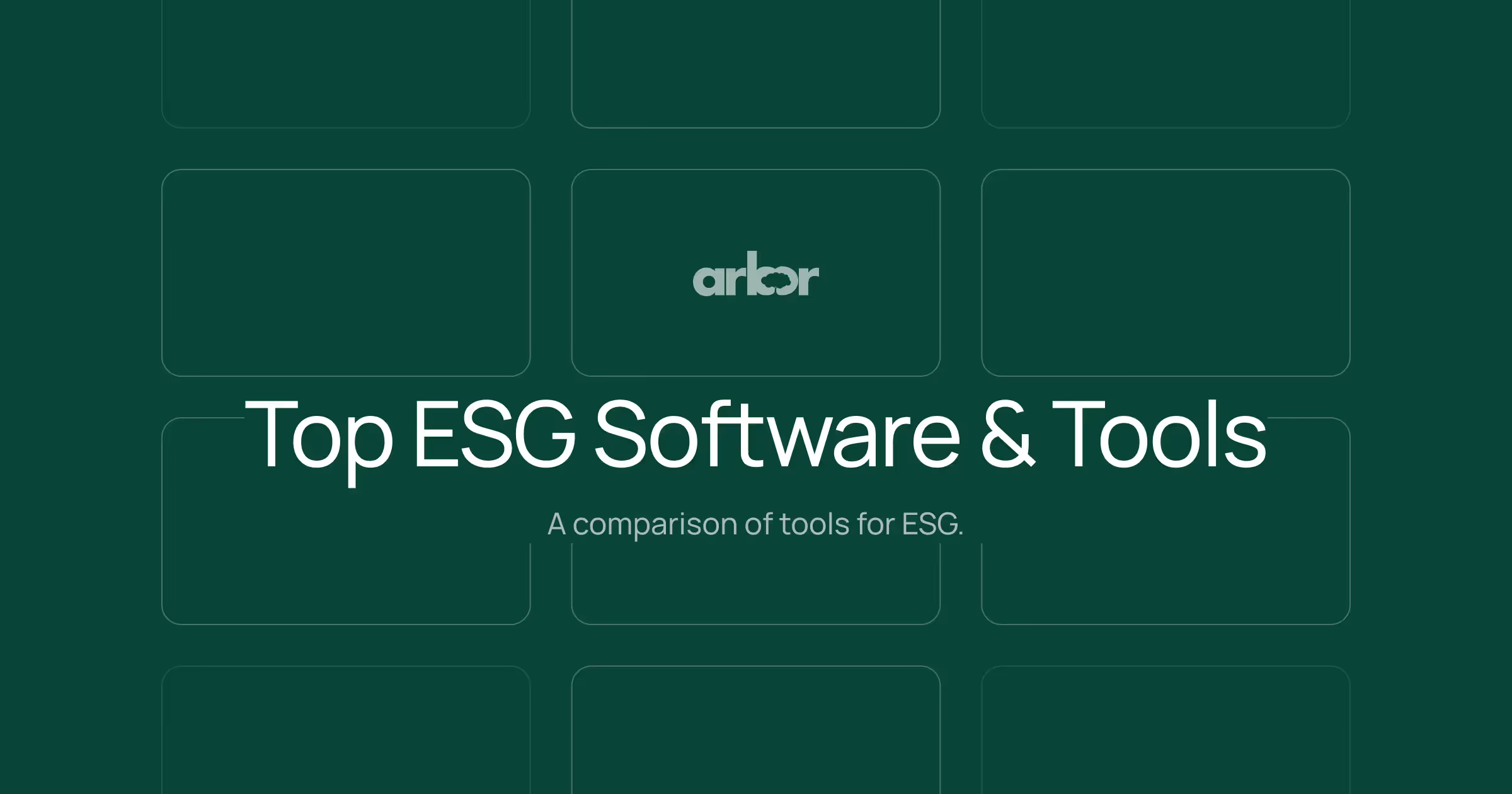

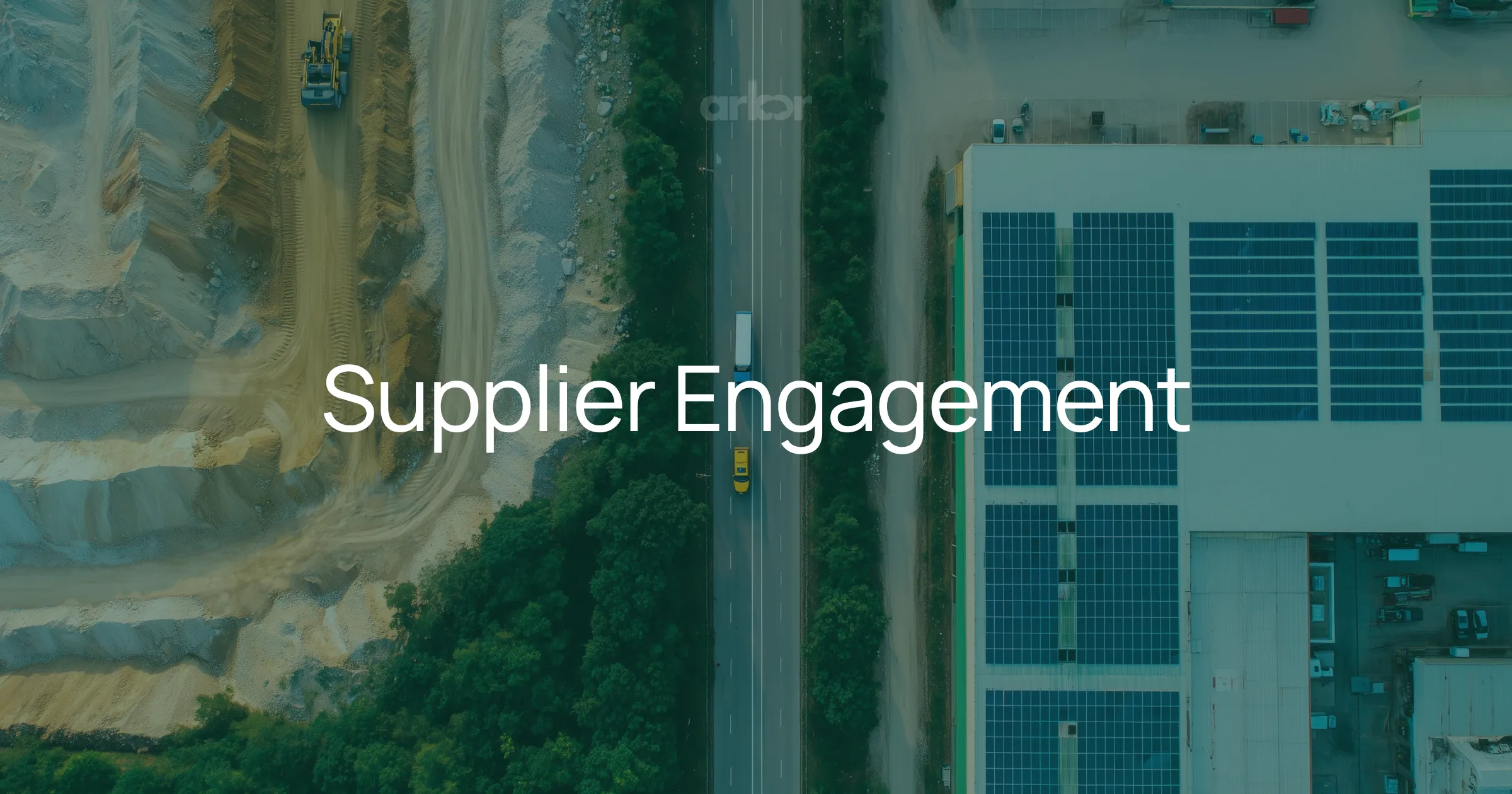
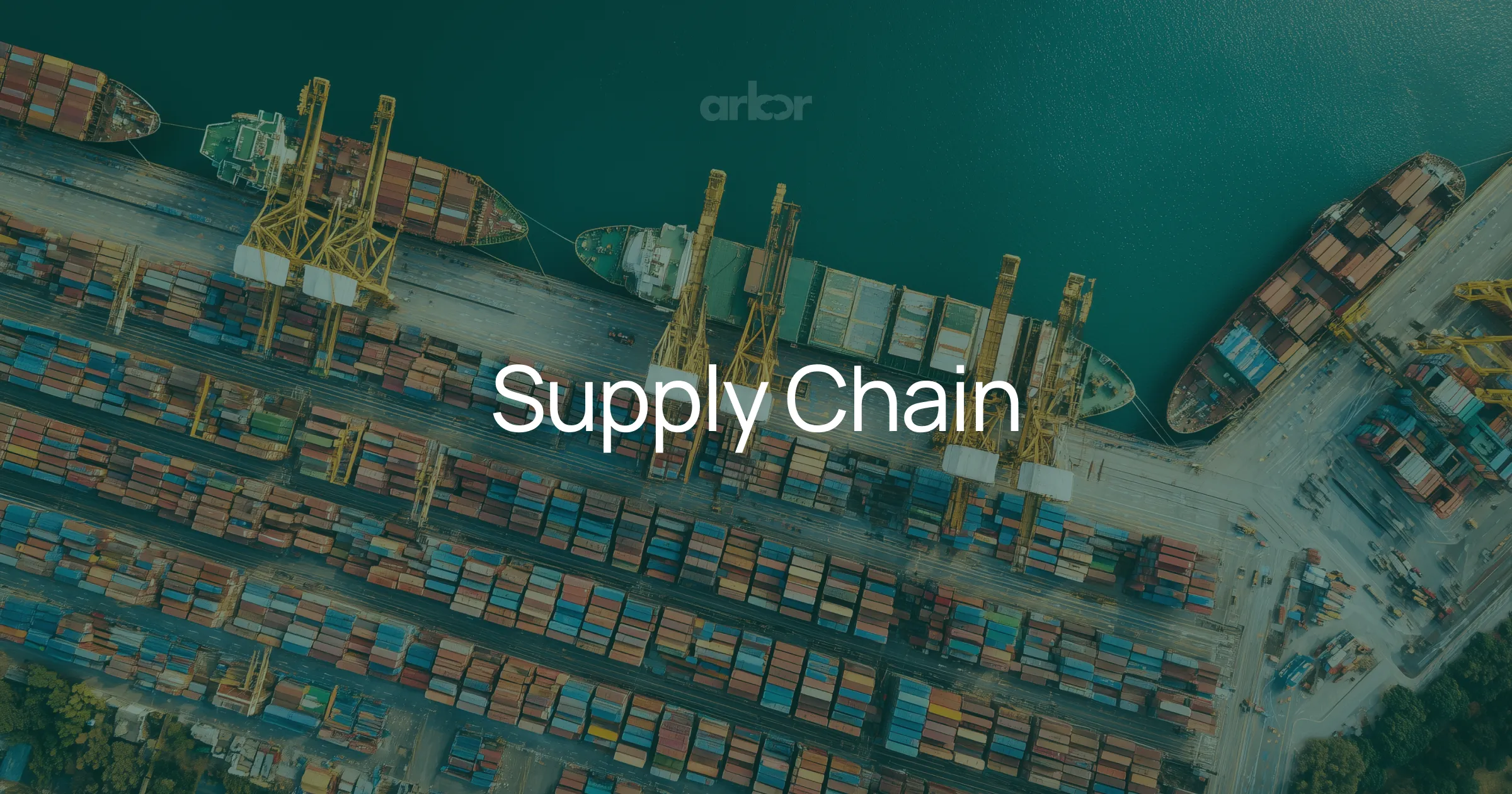

.webp)
%20Directive.webp)
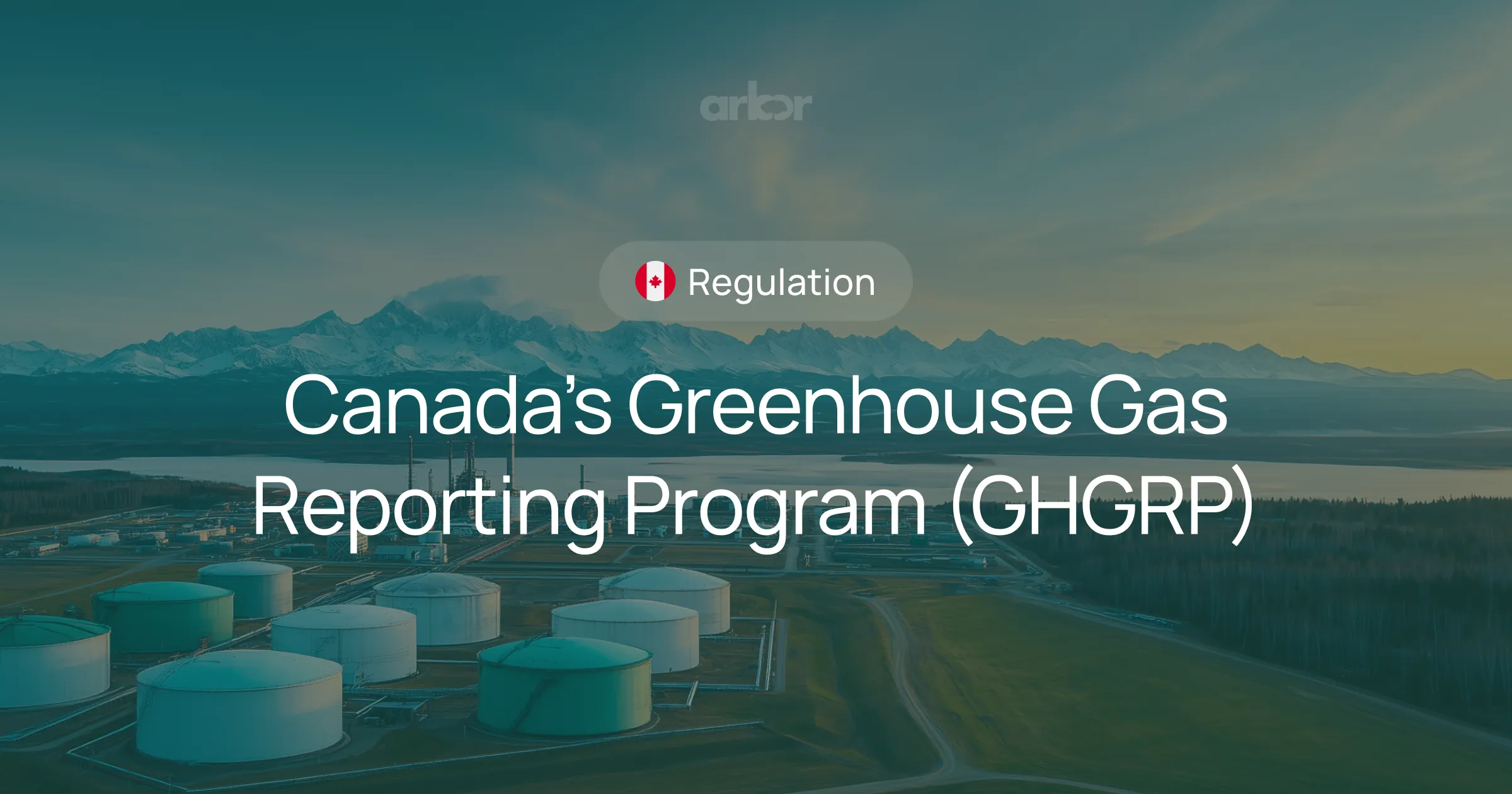

.webp)
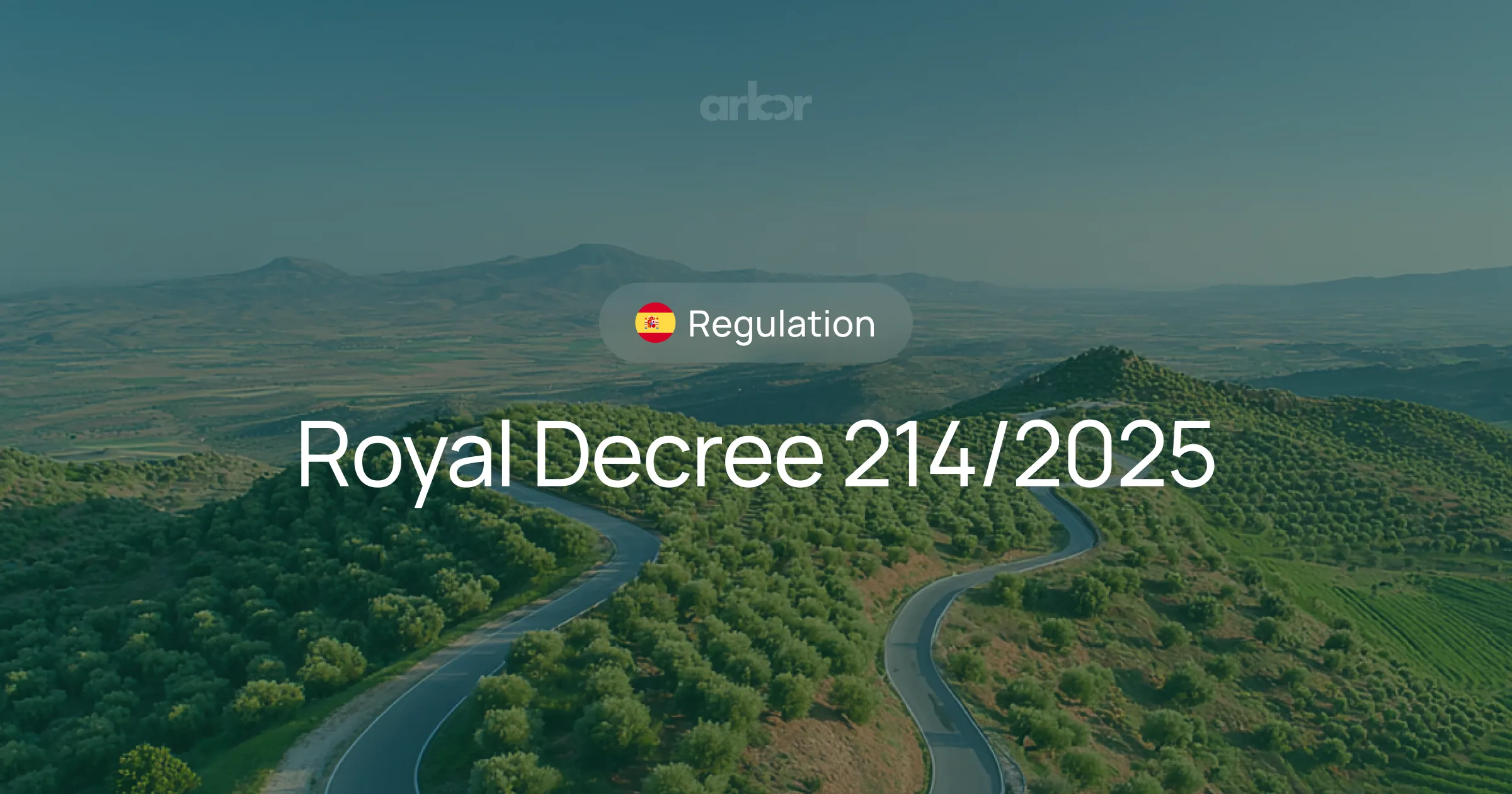
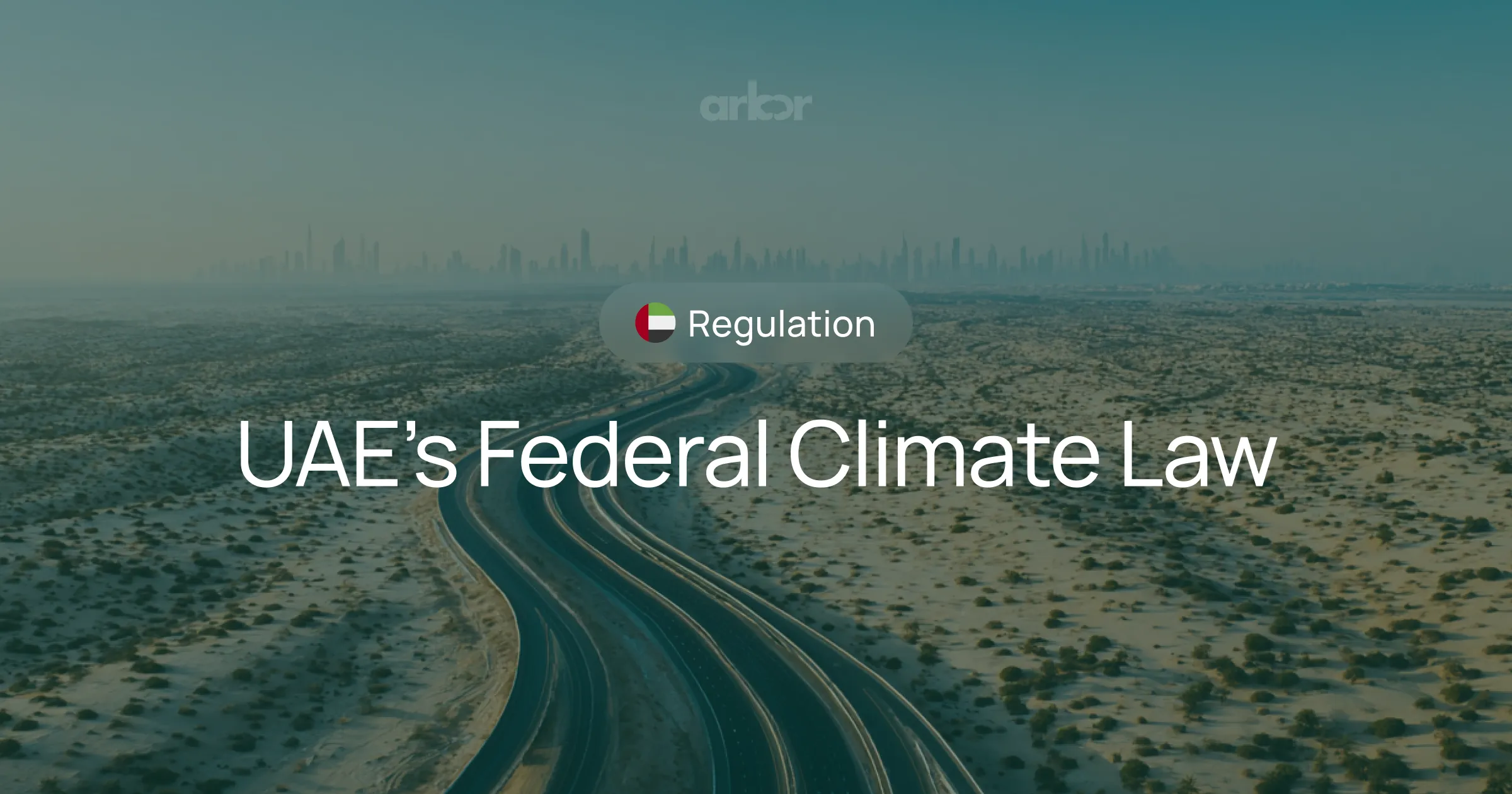
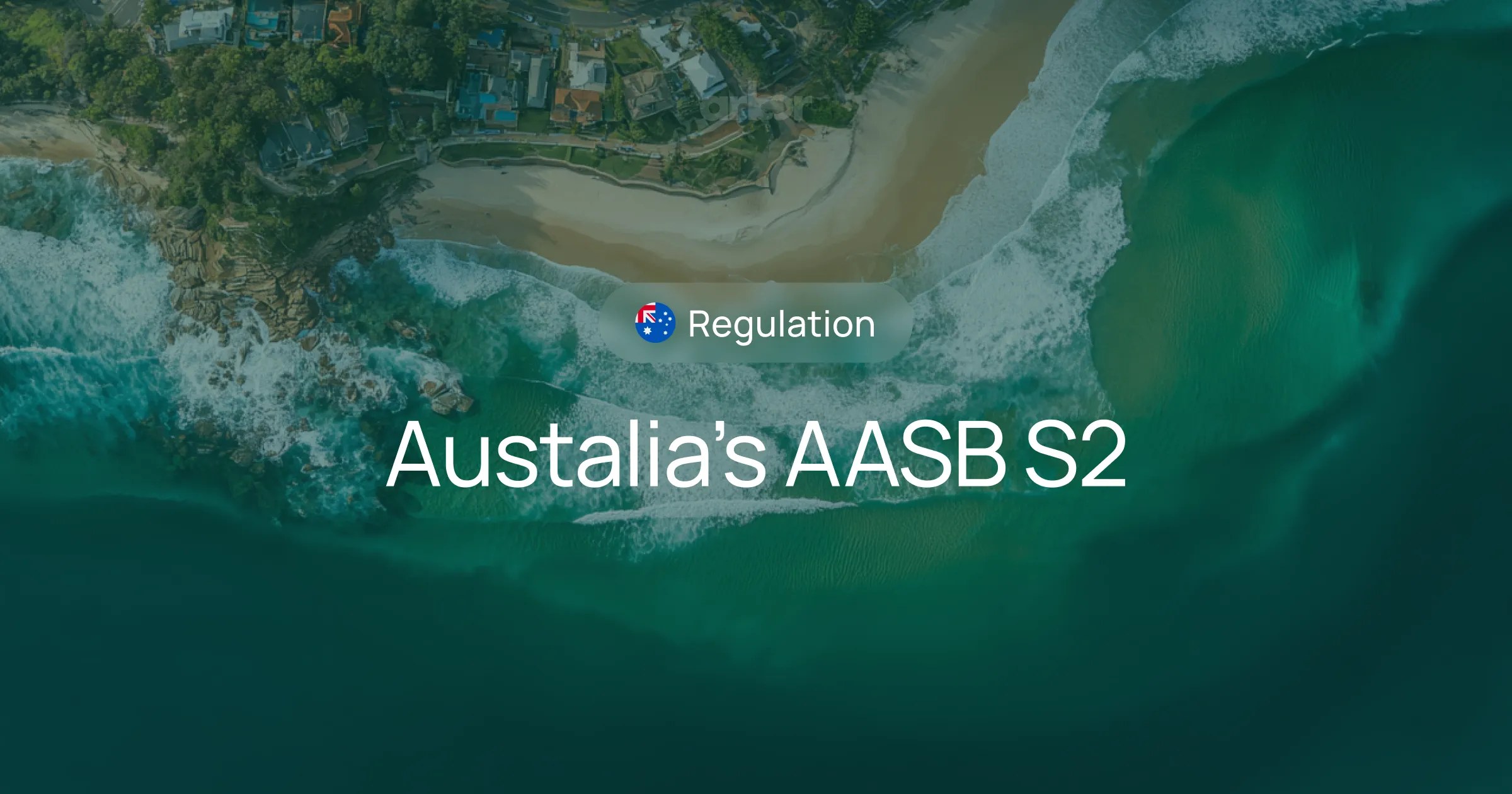
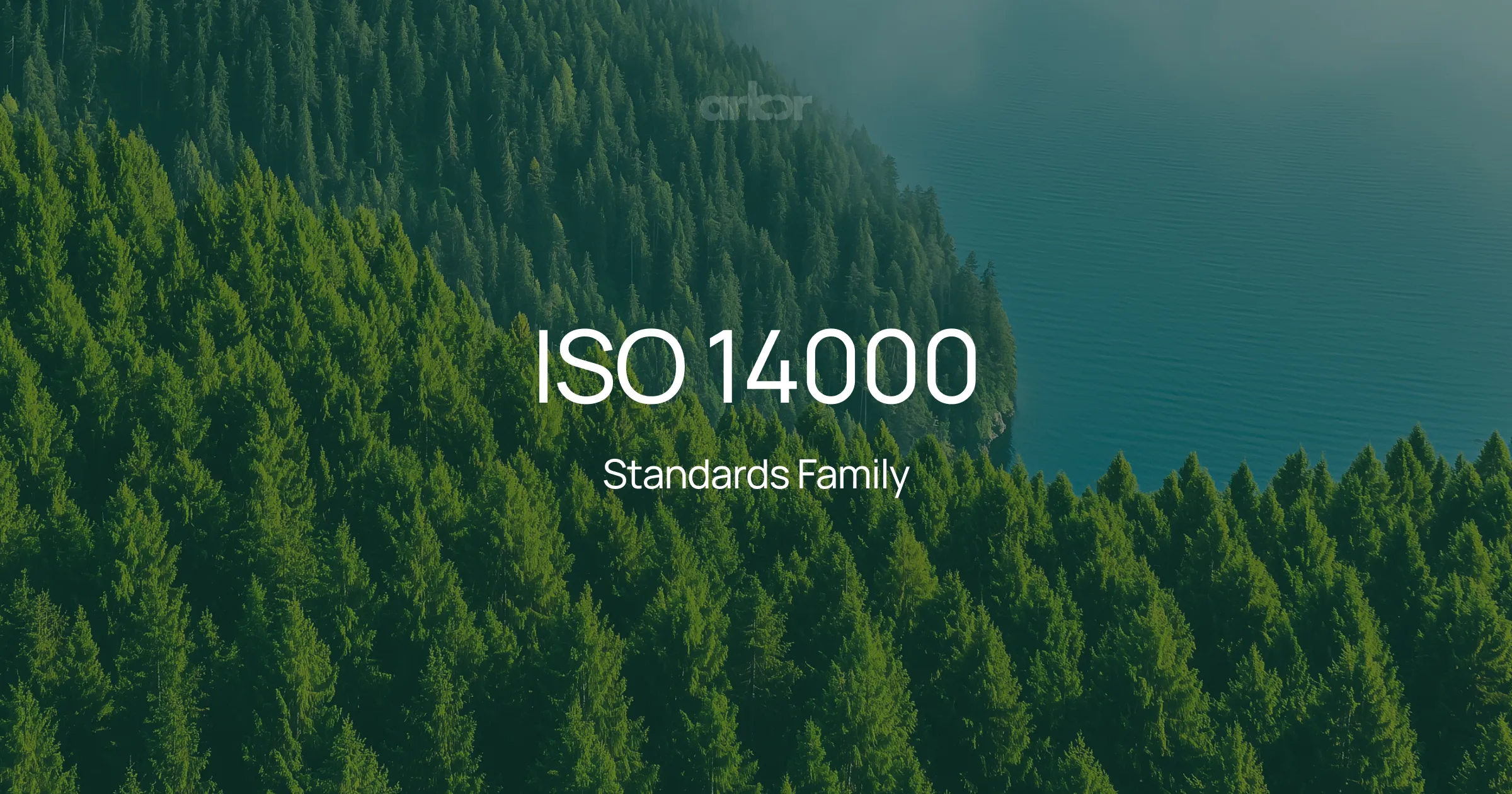
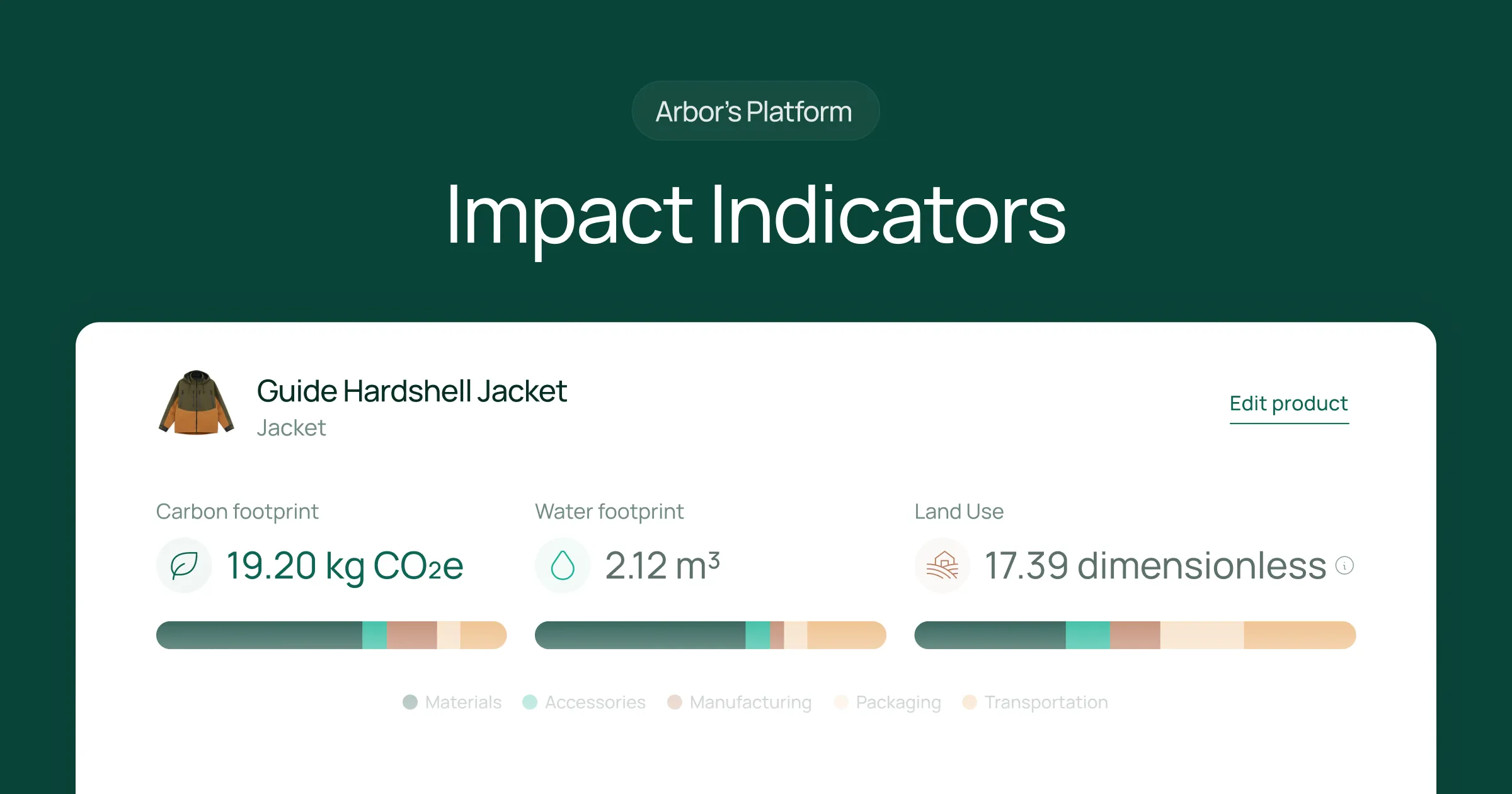
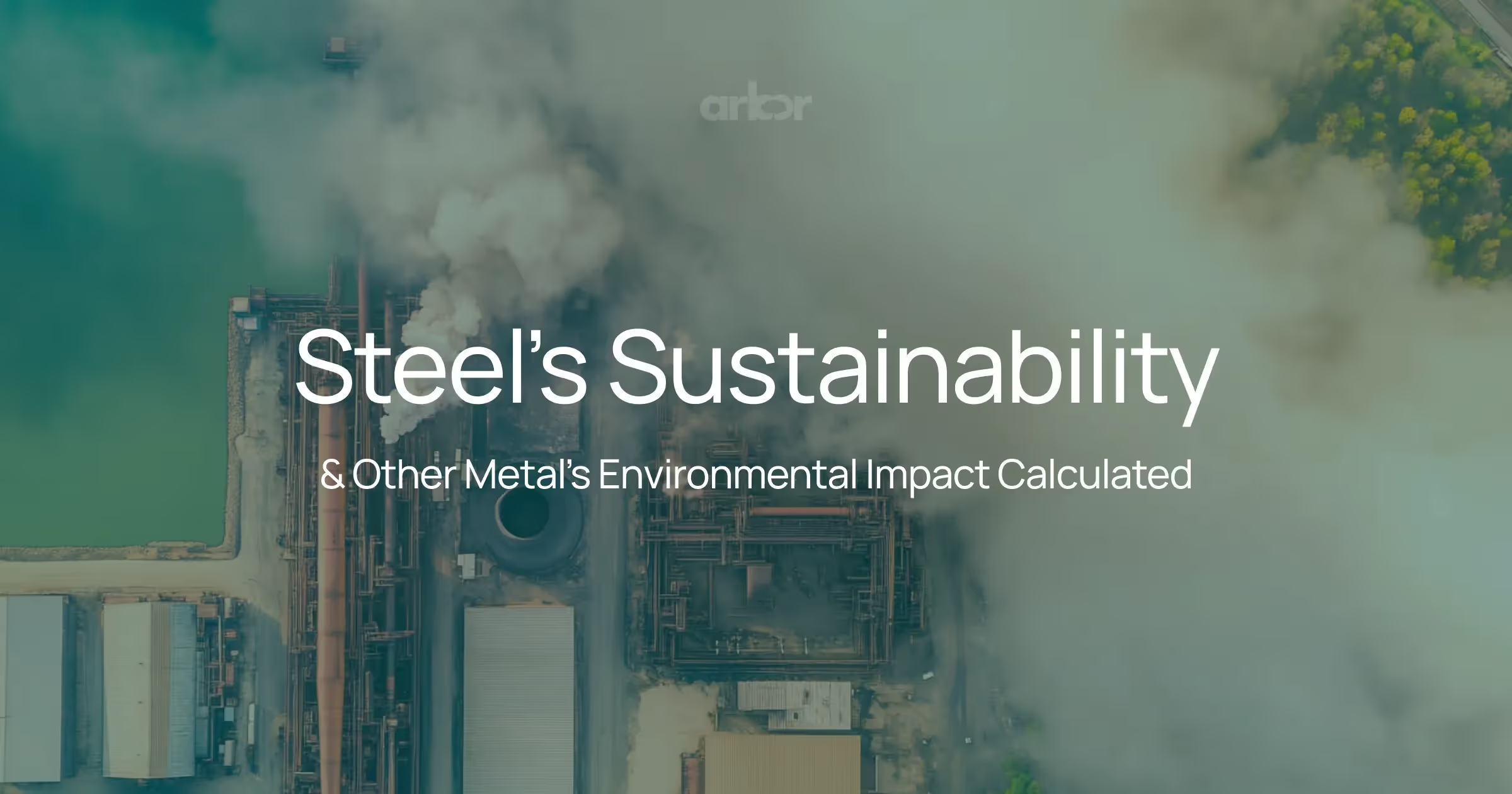

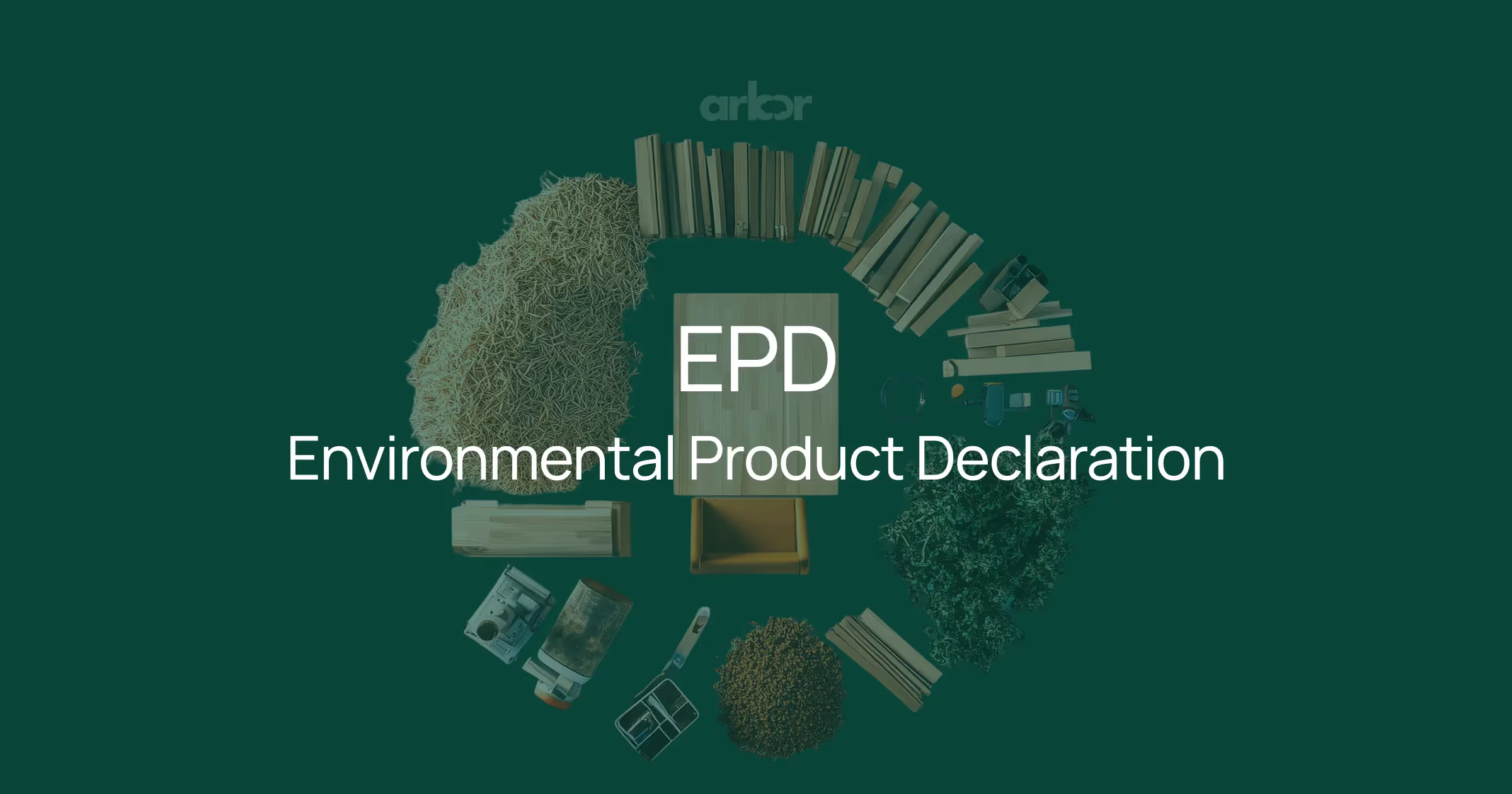
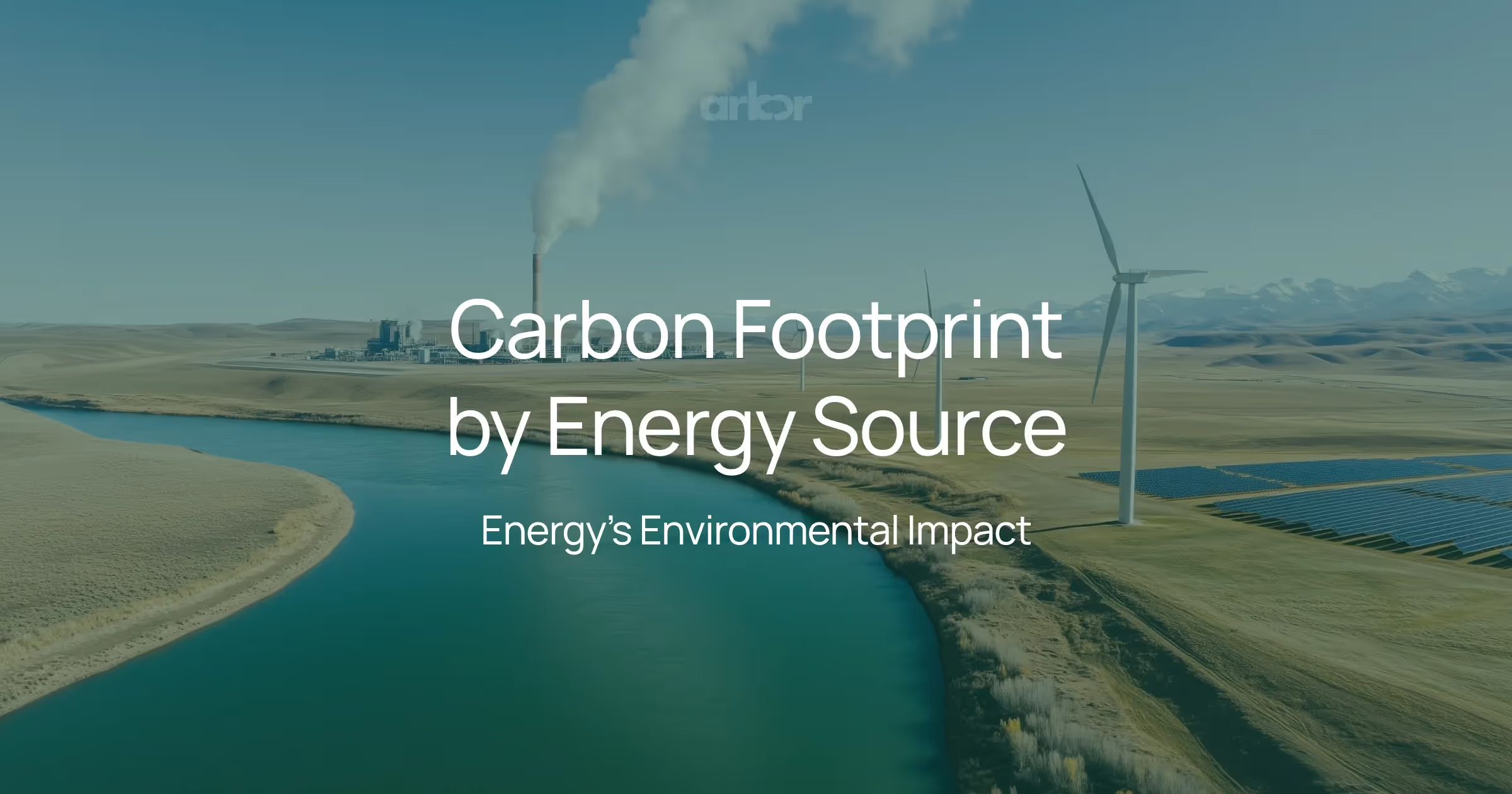
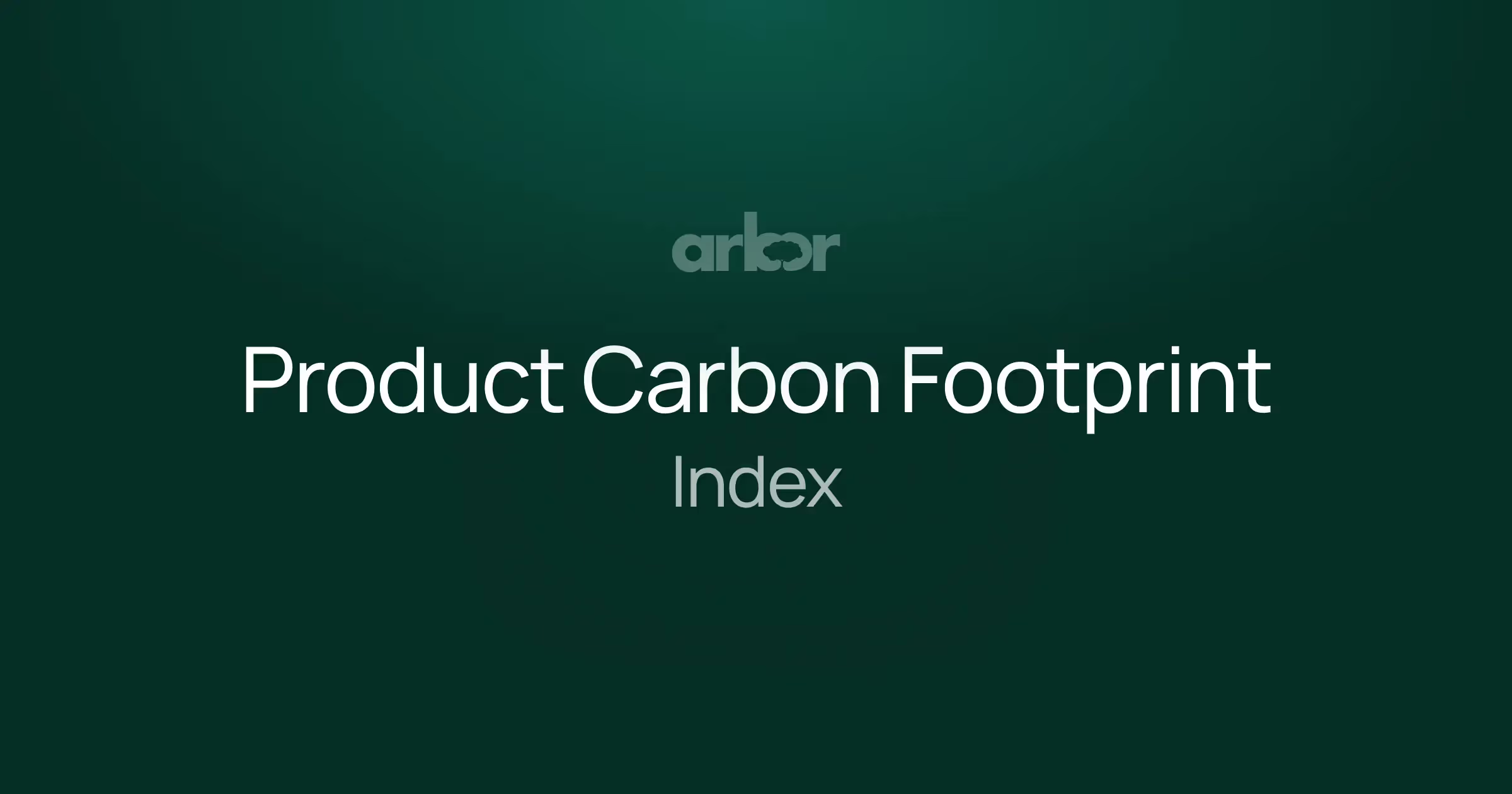
%20Arbor.avif)
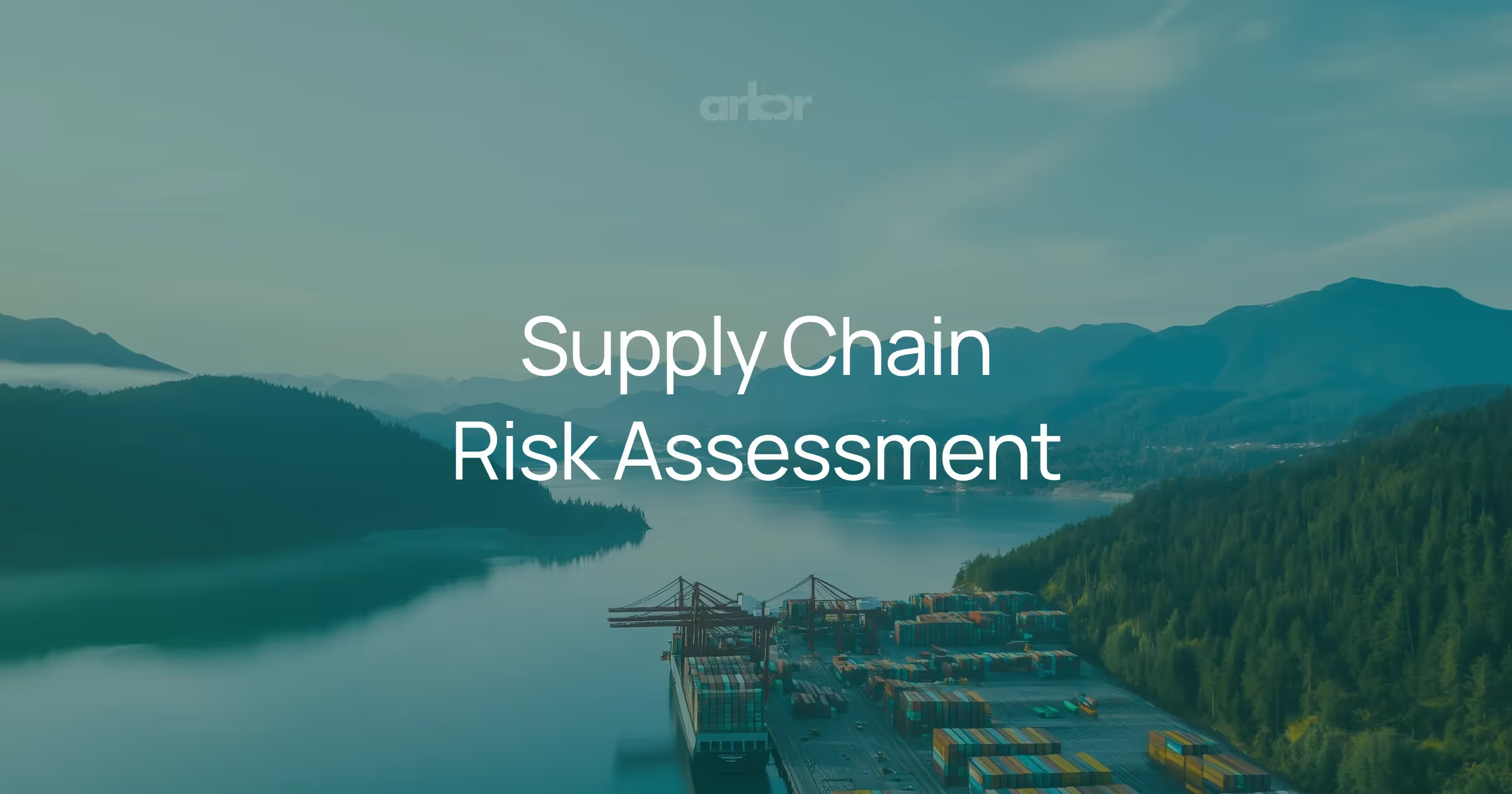
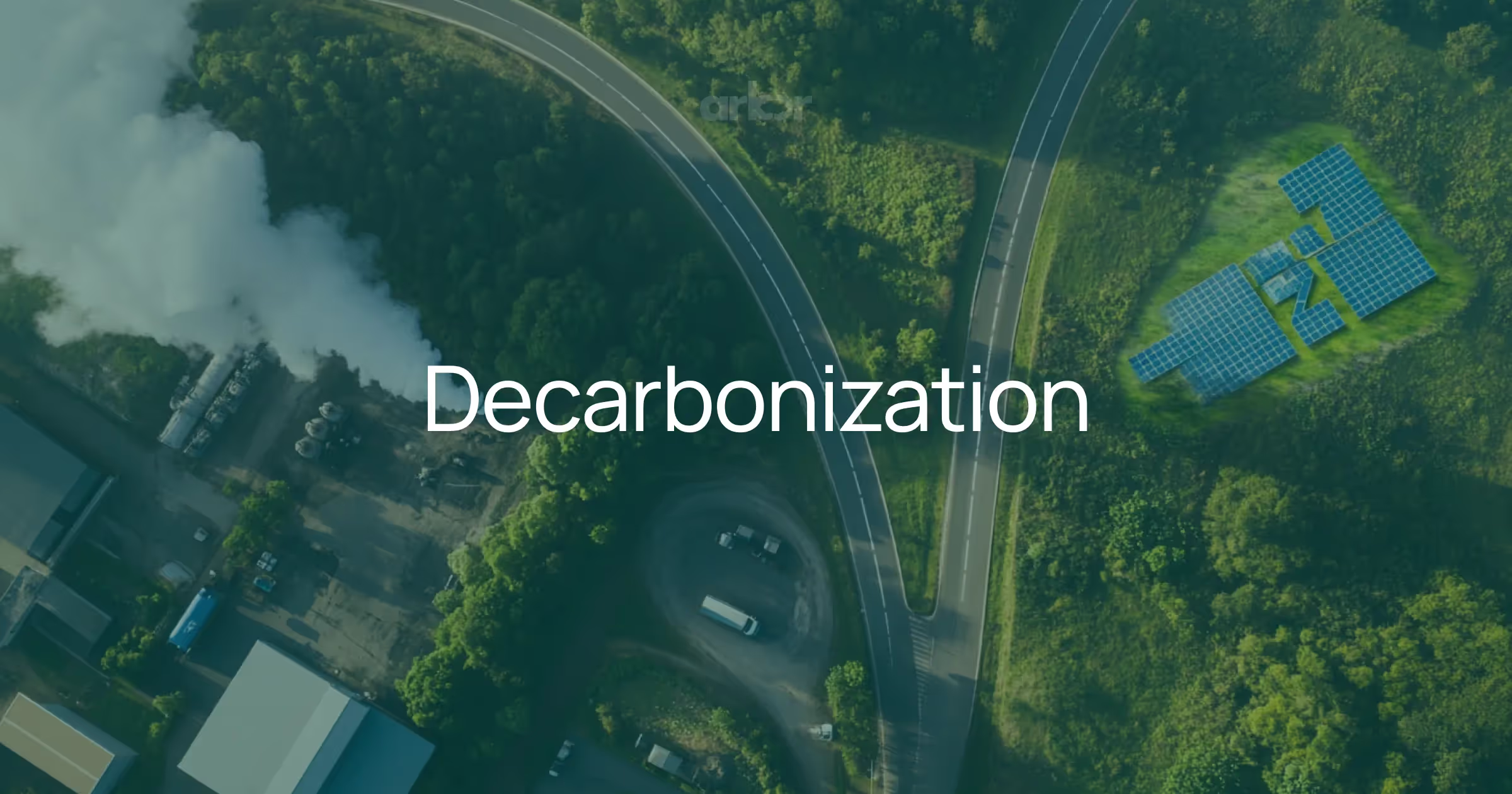

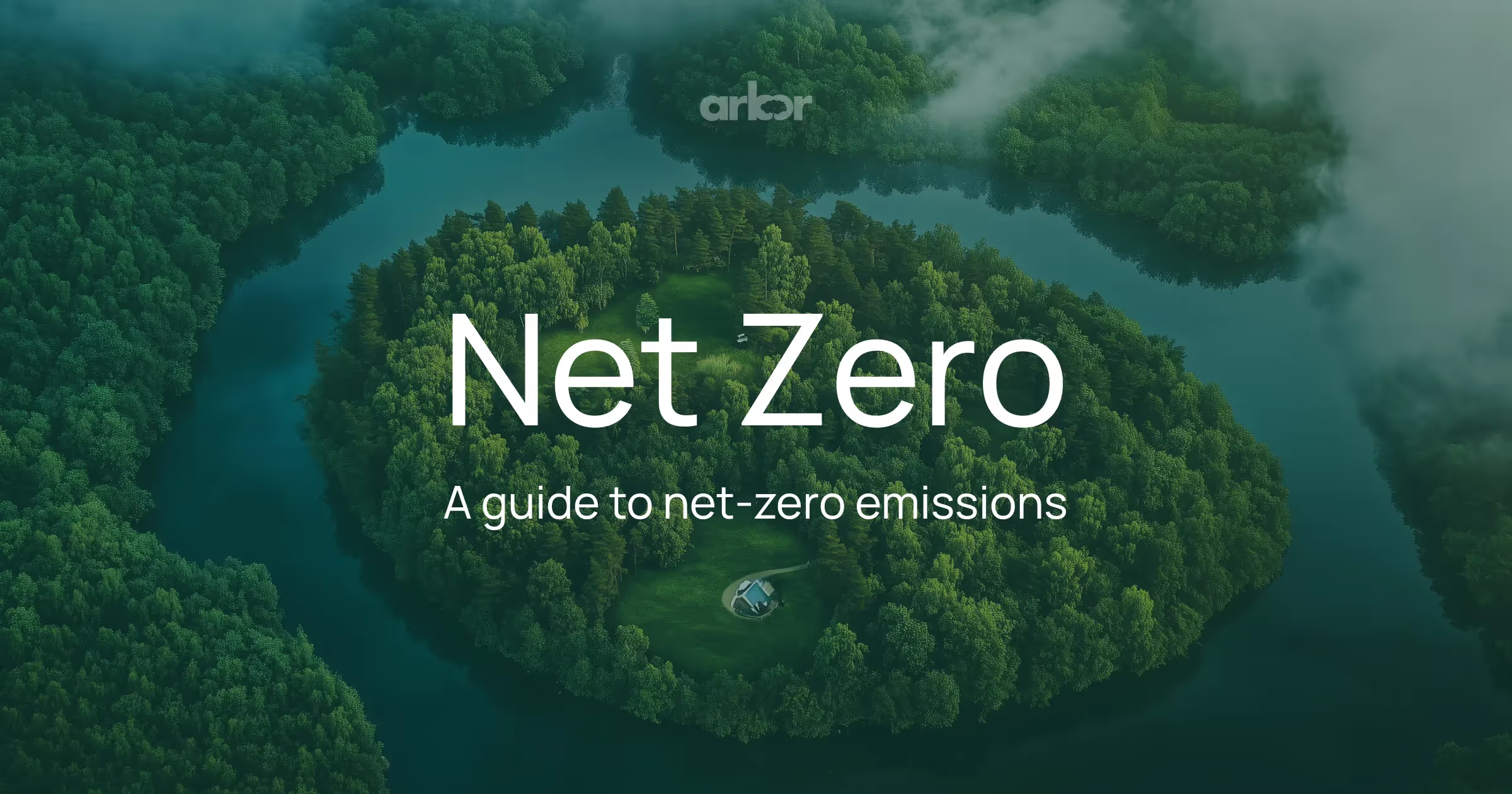
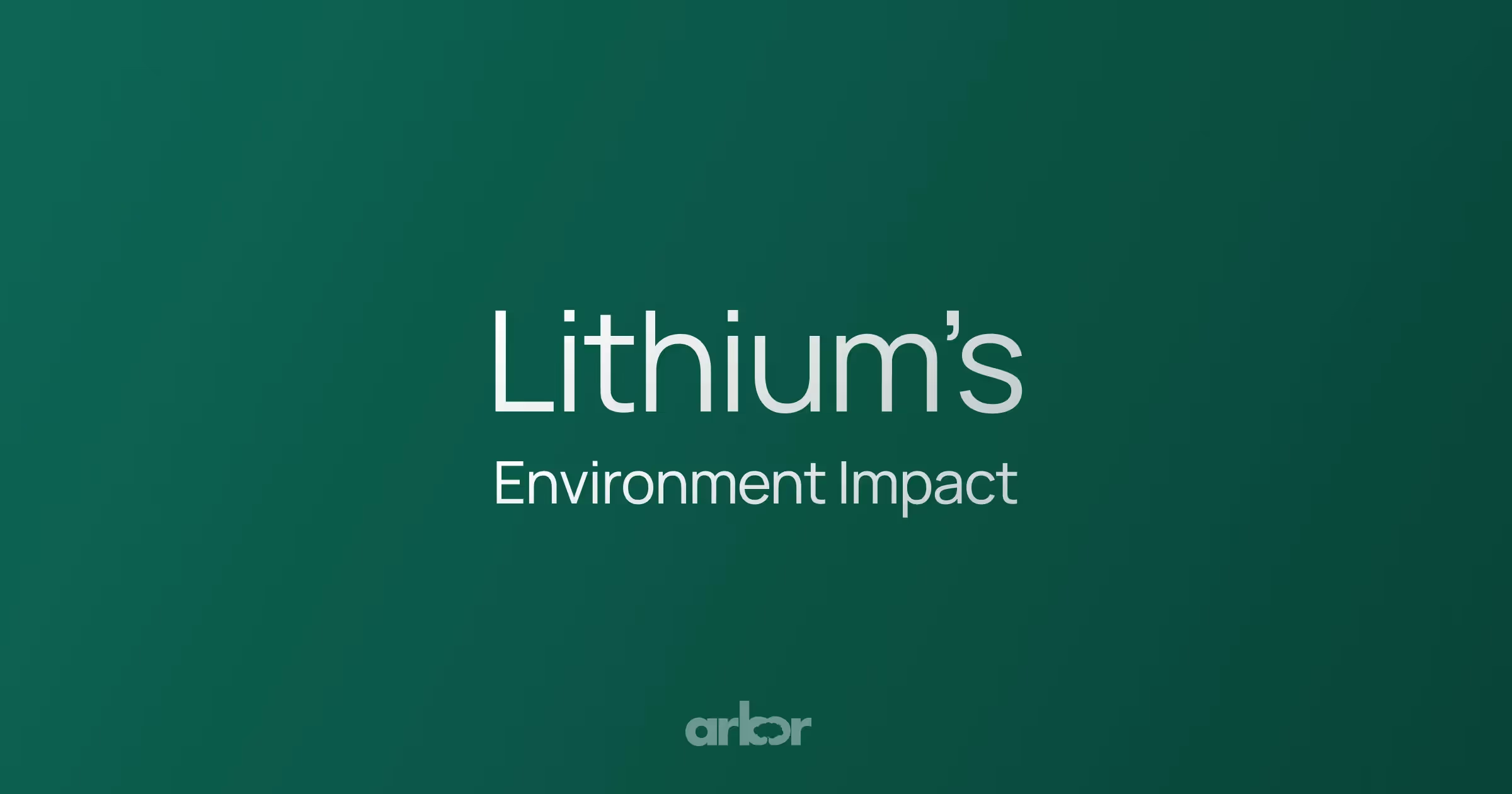
%20Arbor.avif)
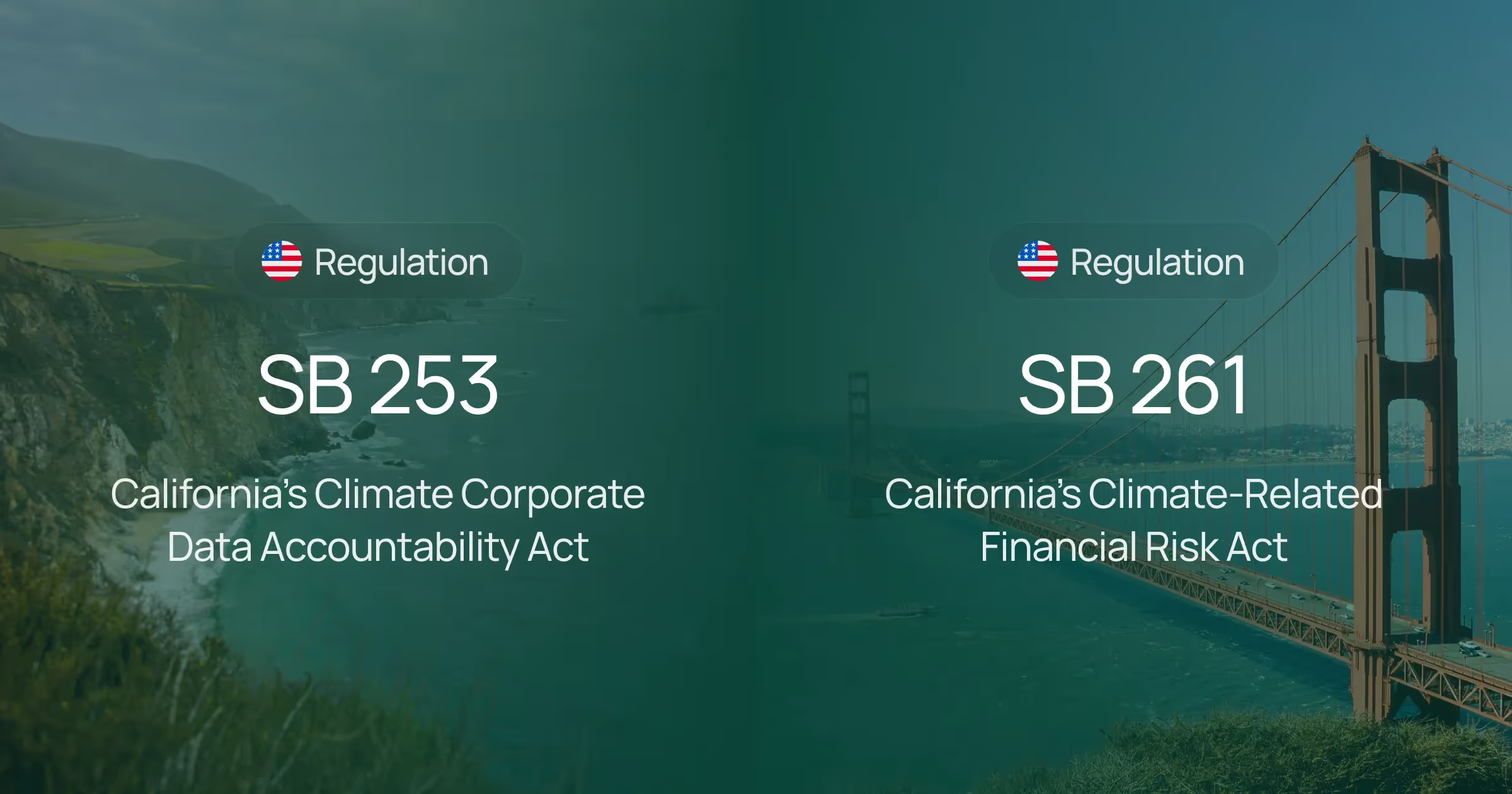

.avif)
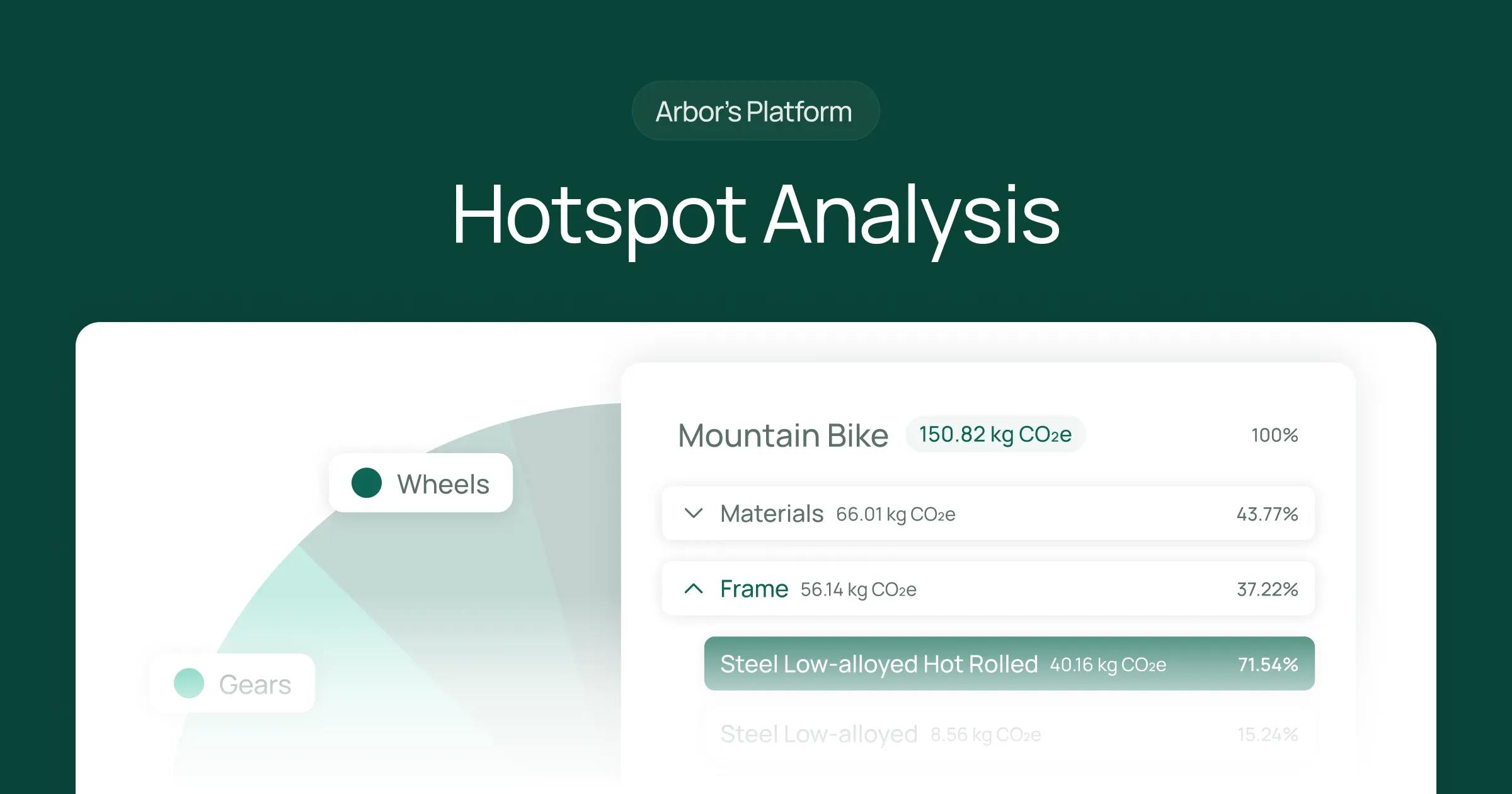
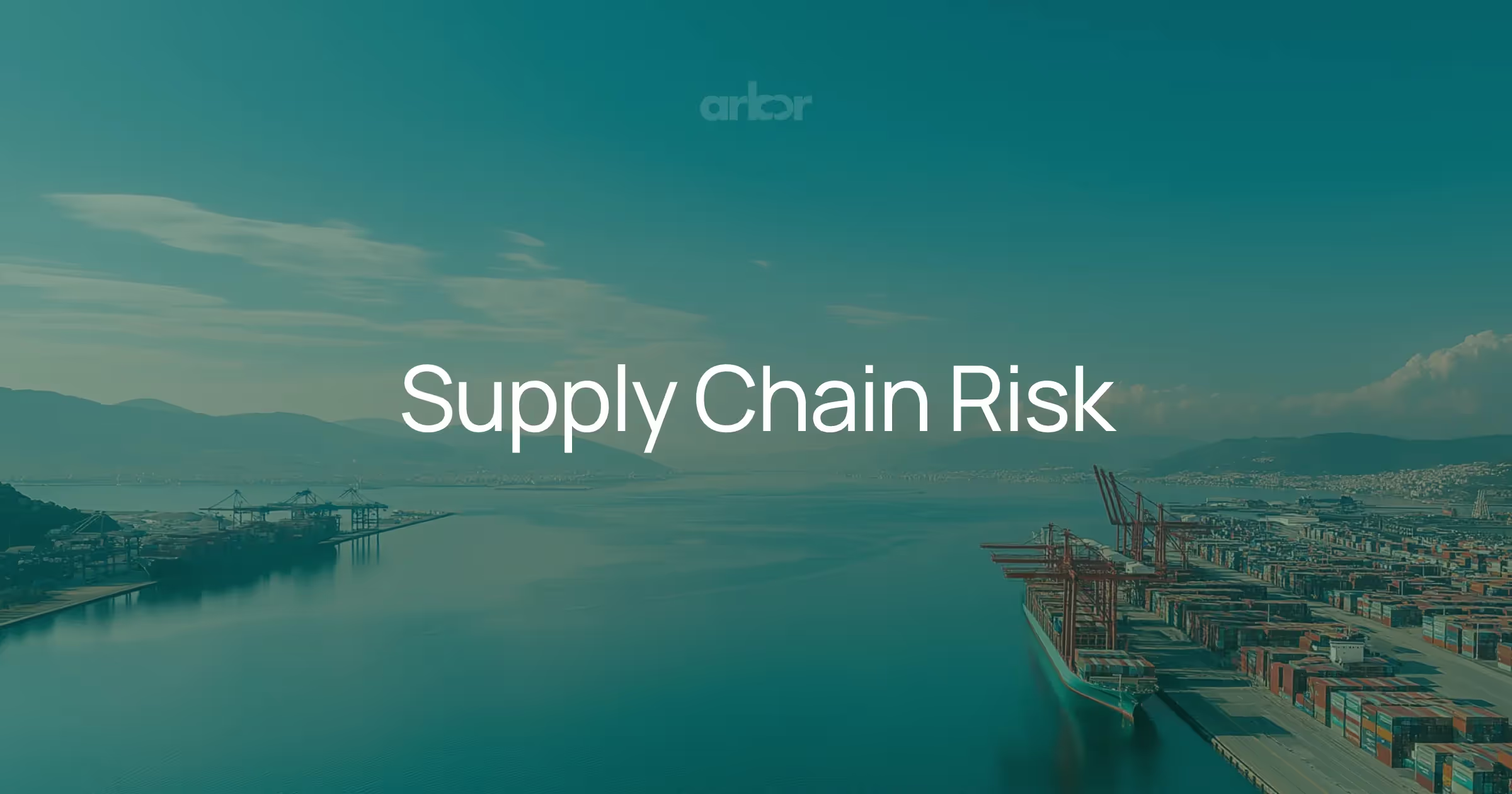
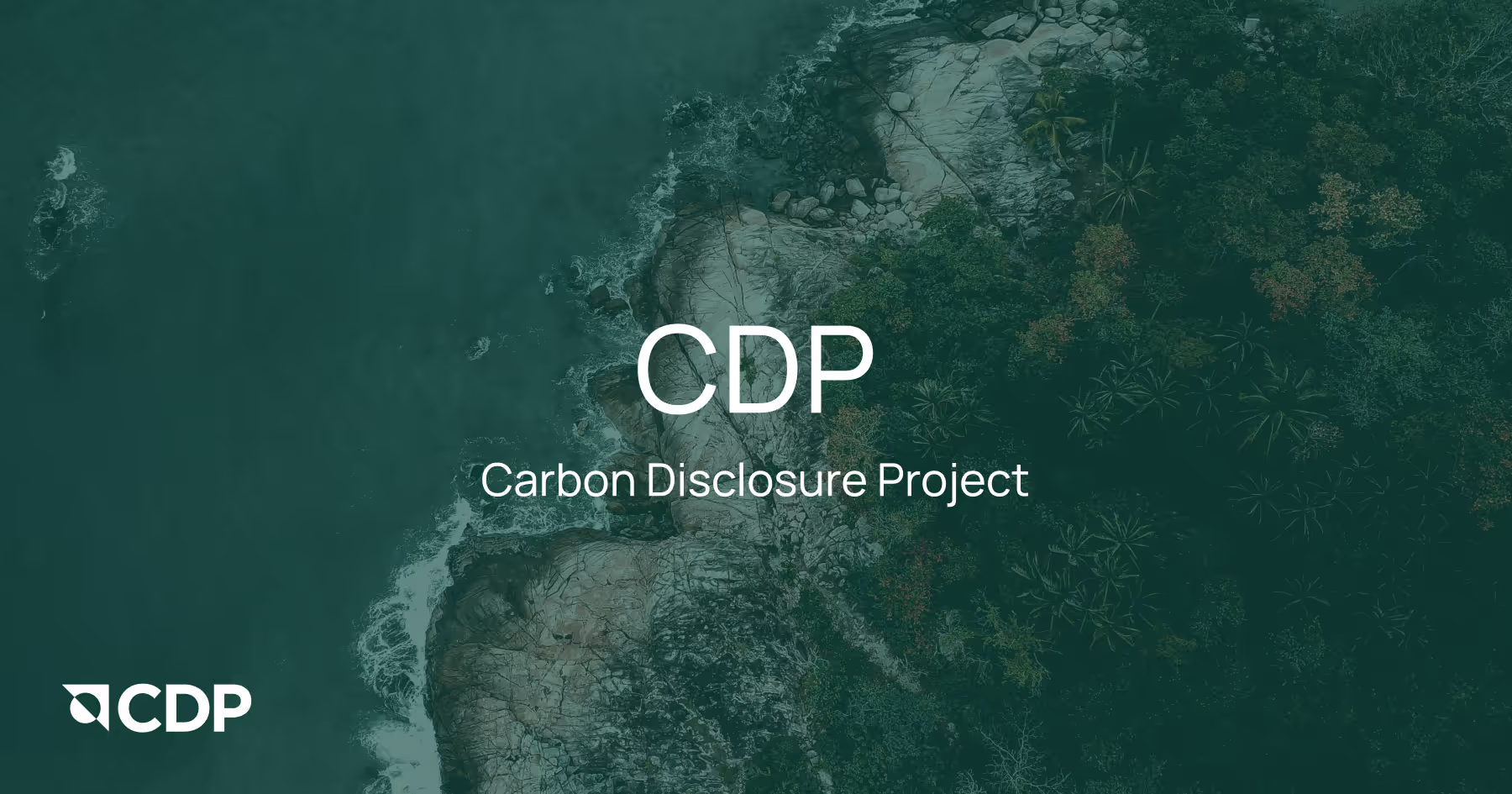
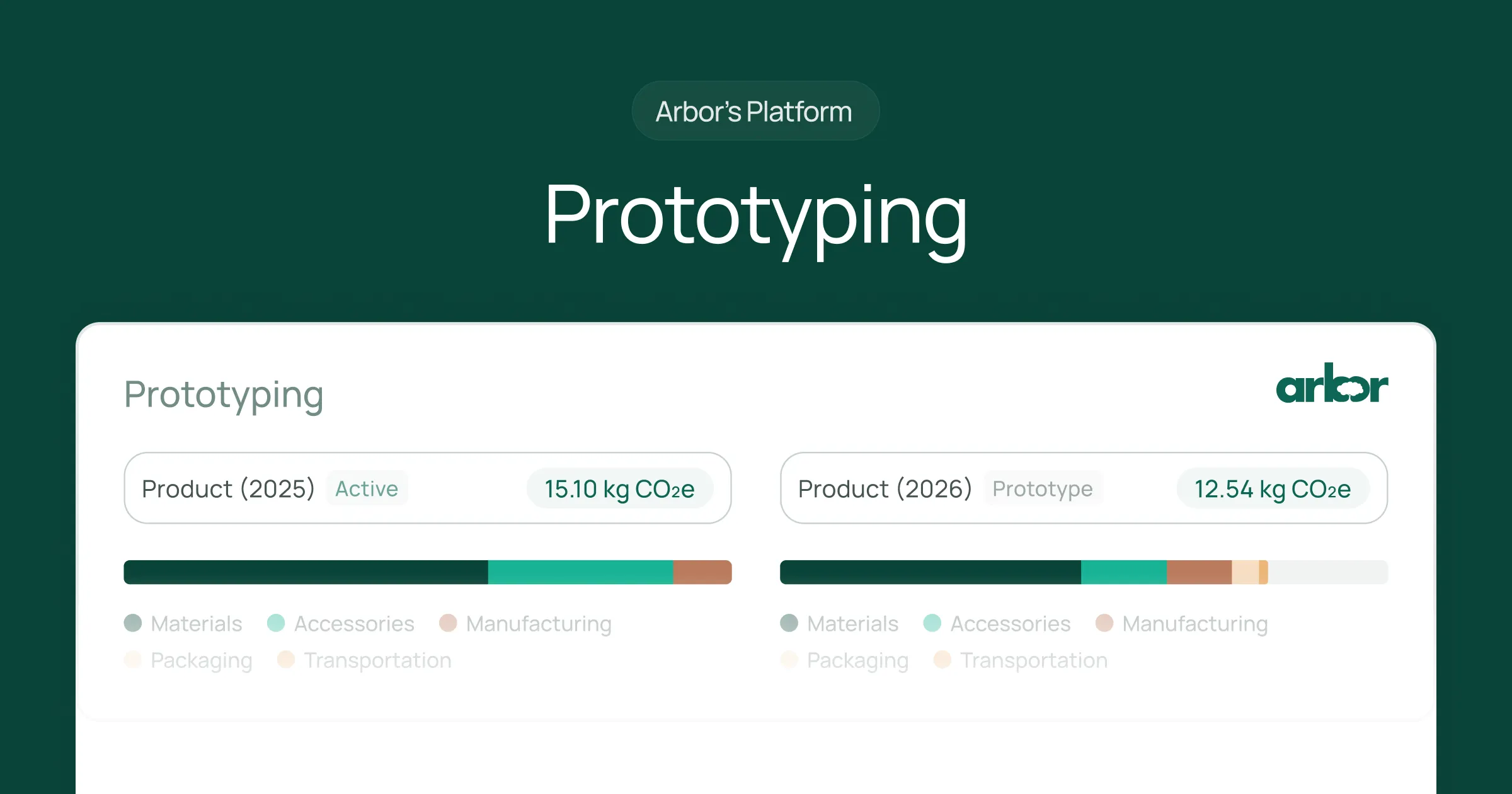
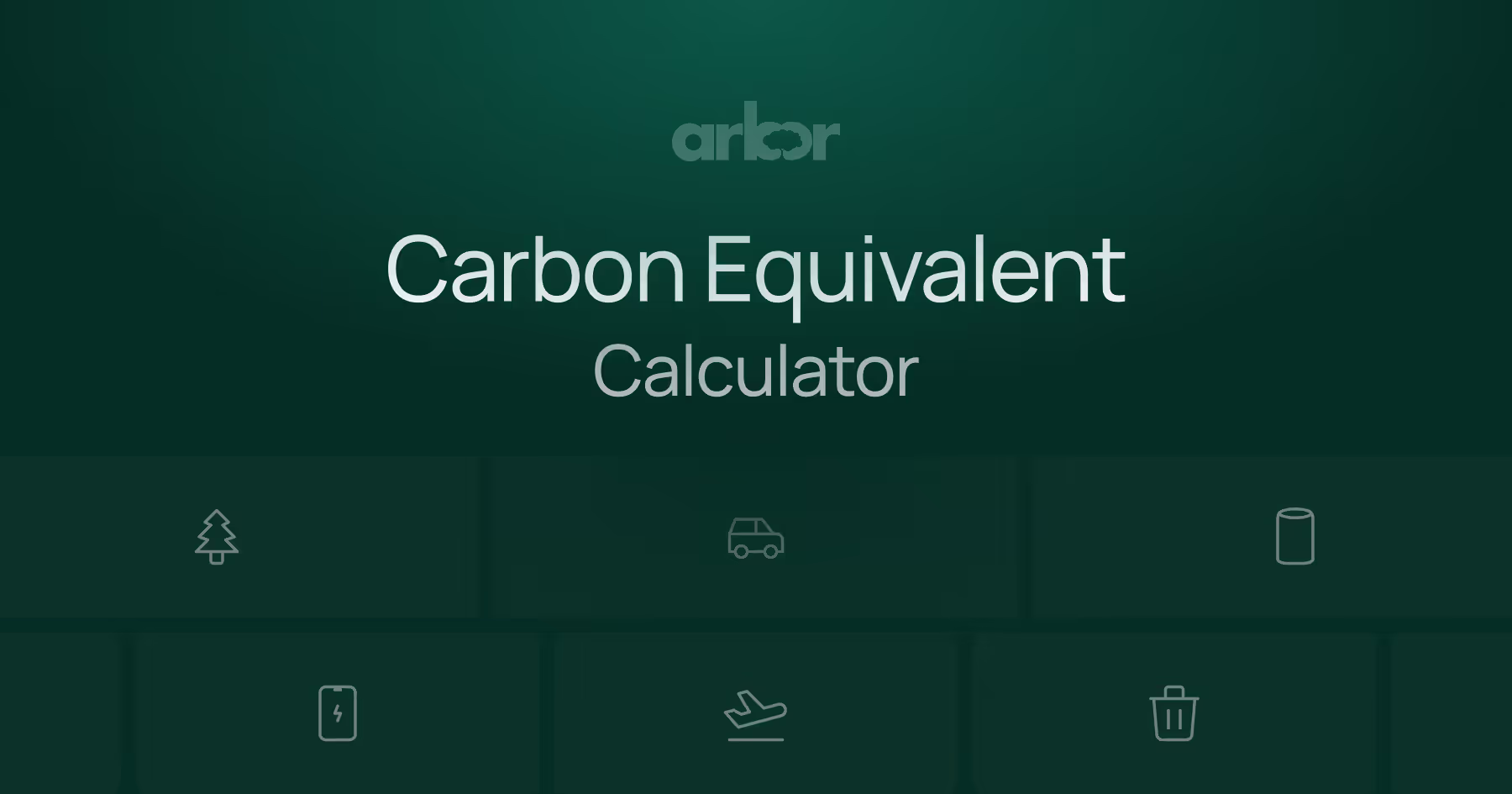
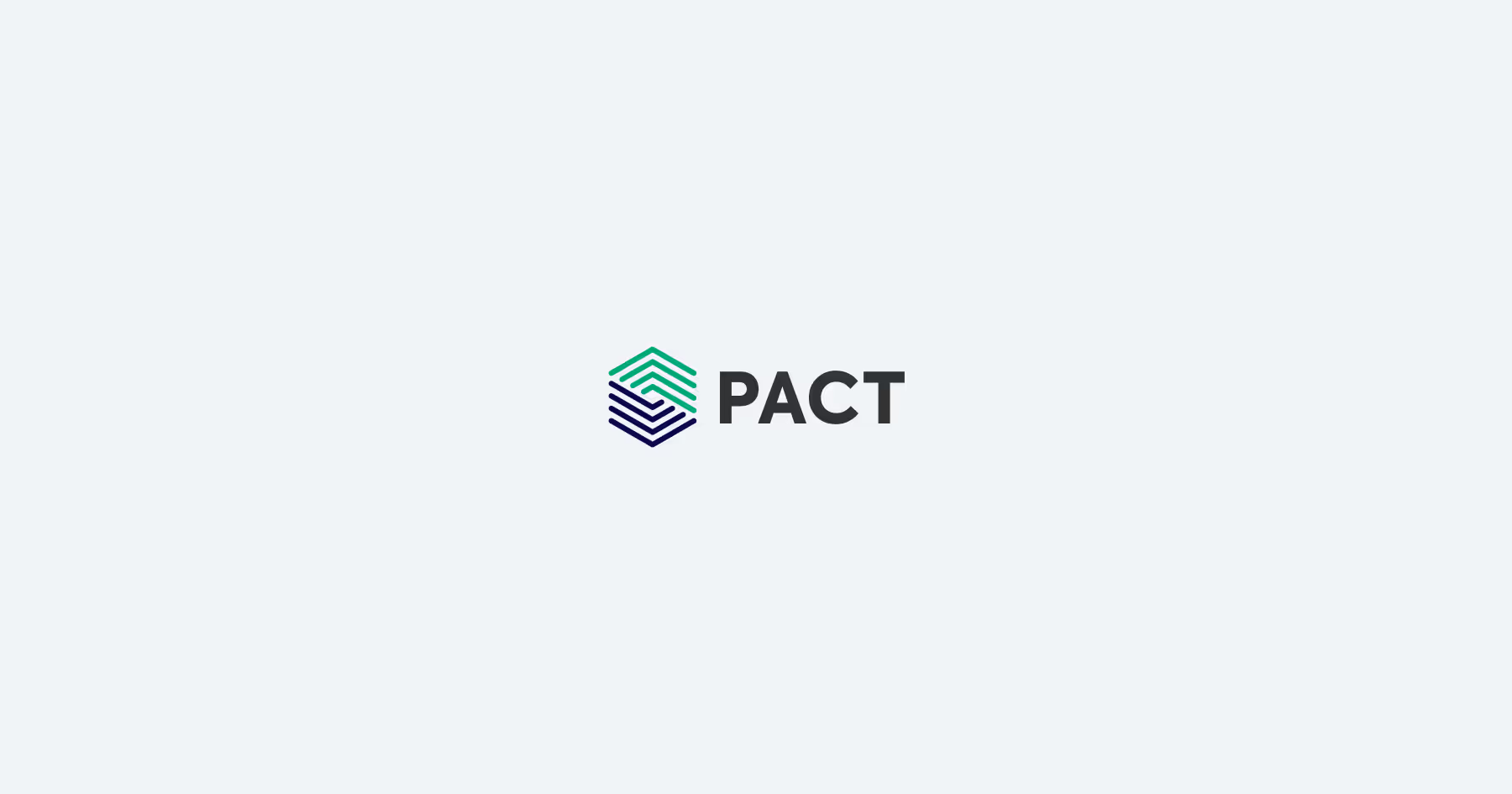
%20Arbor%20Canada.avif)
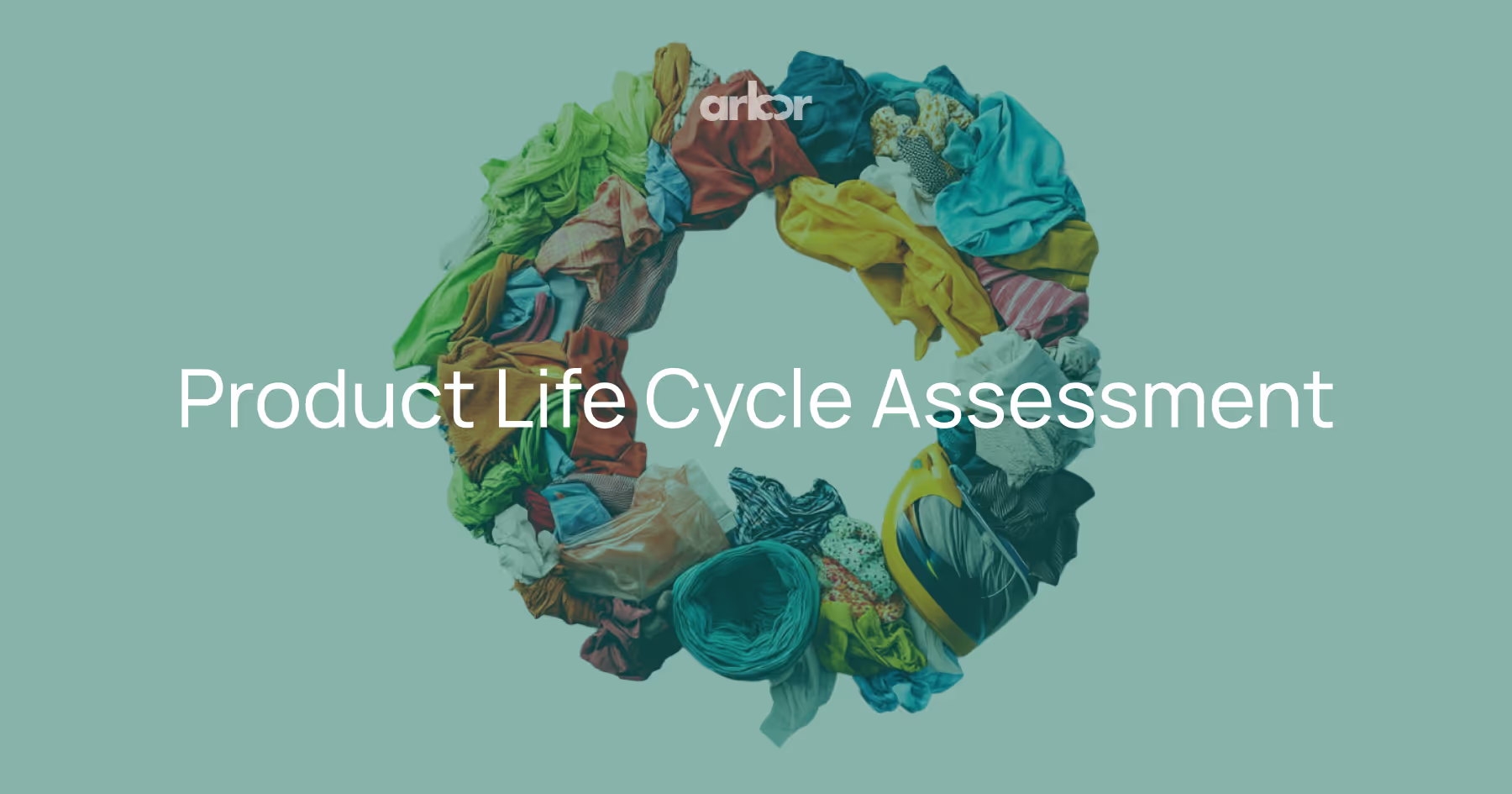
.avif)
%20Arbor.avif)
.avif)
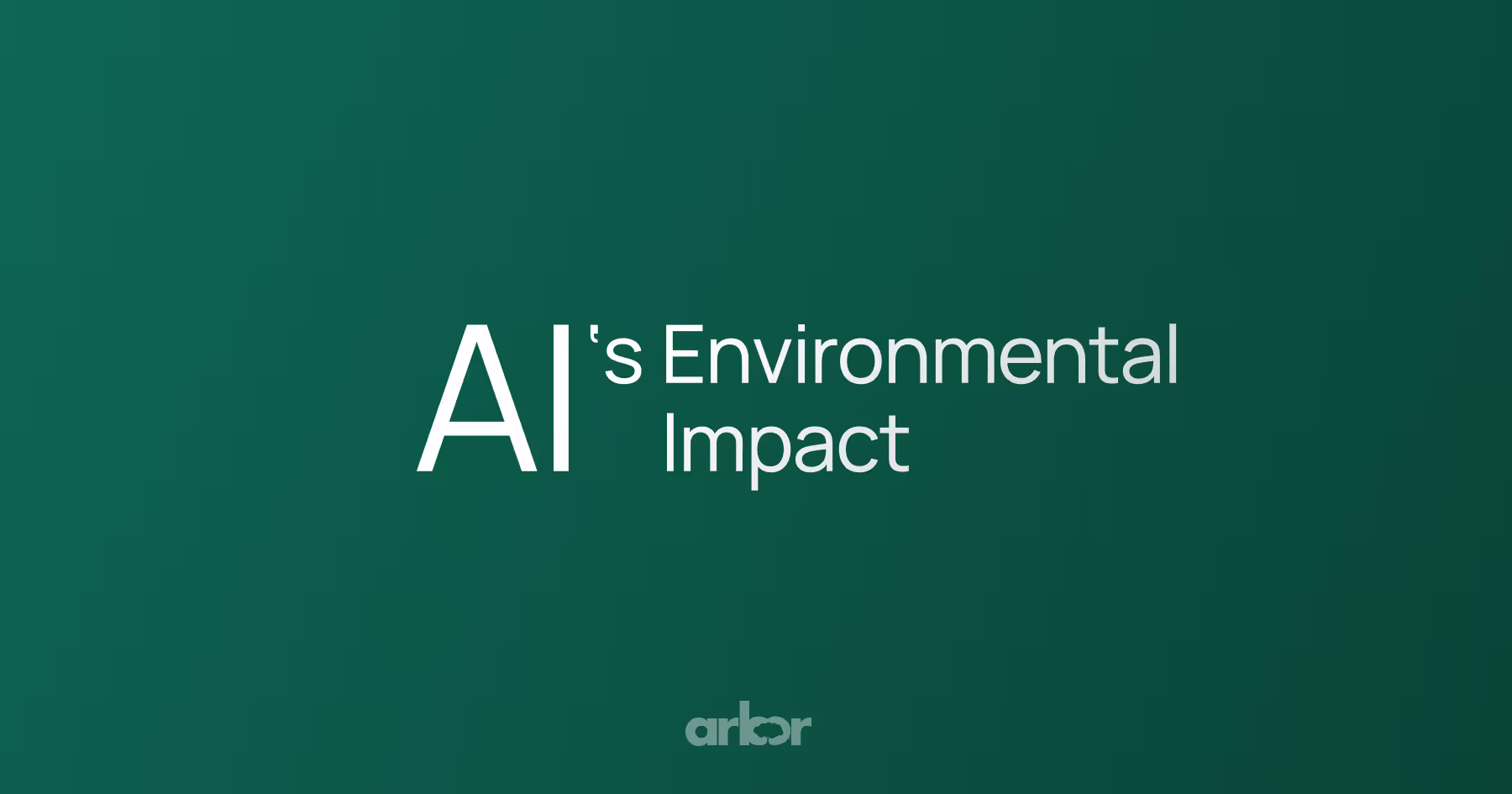
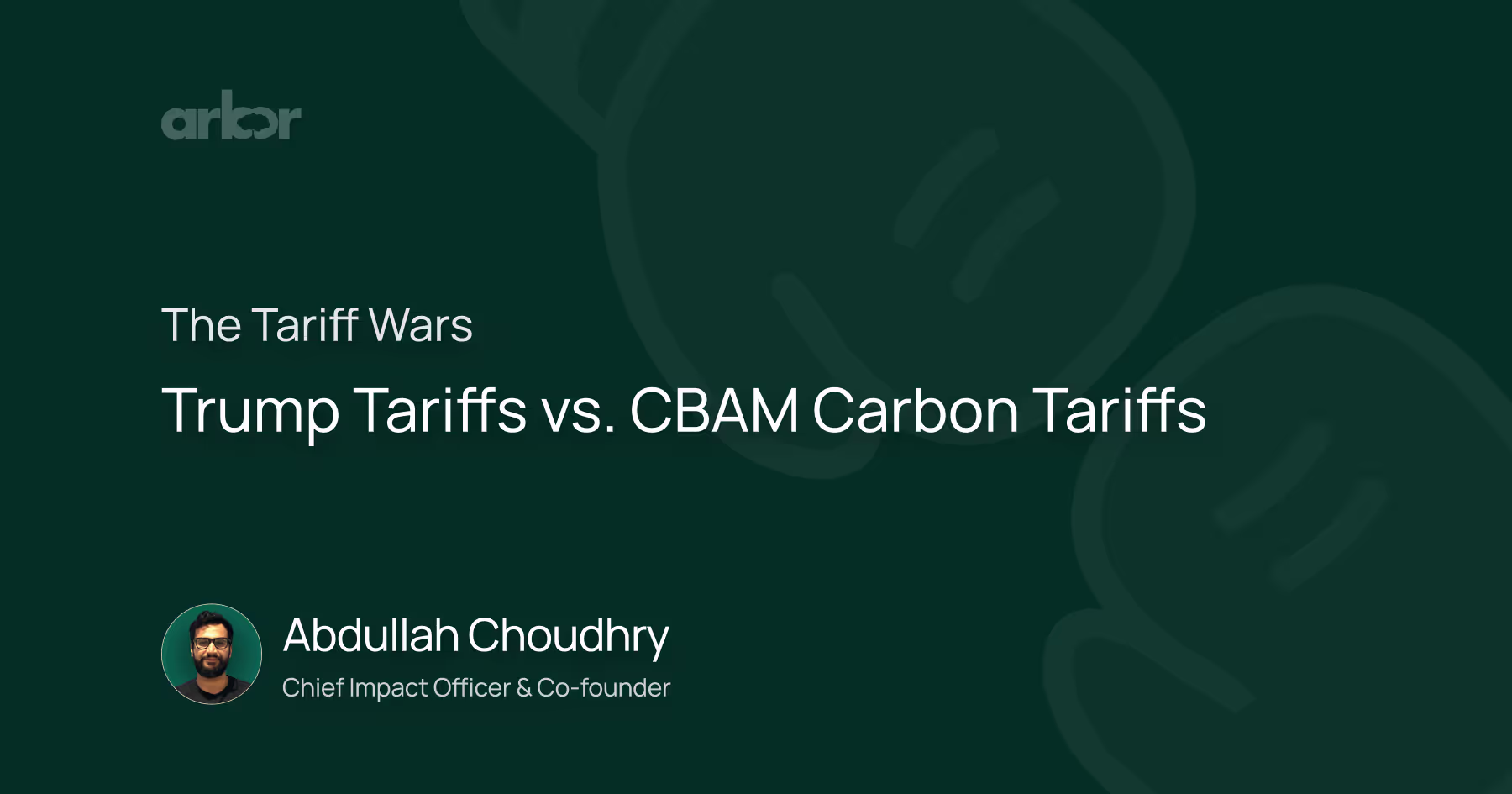
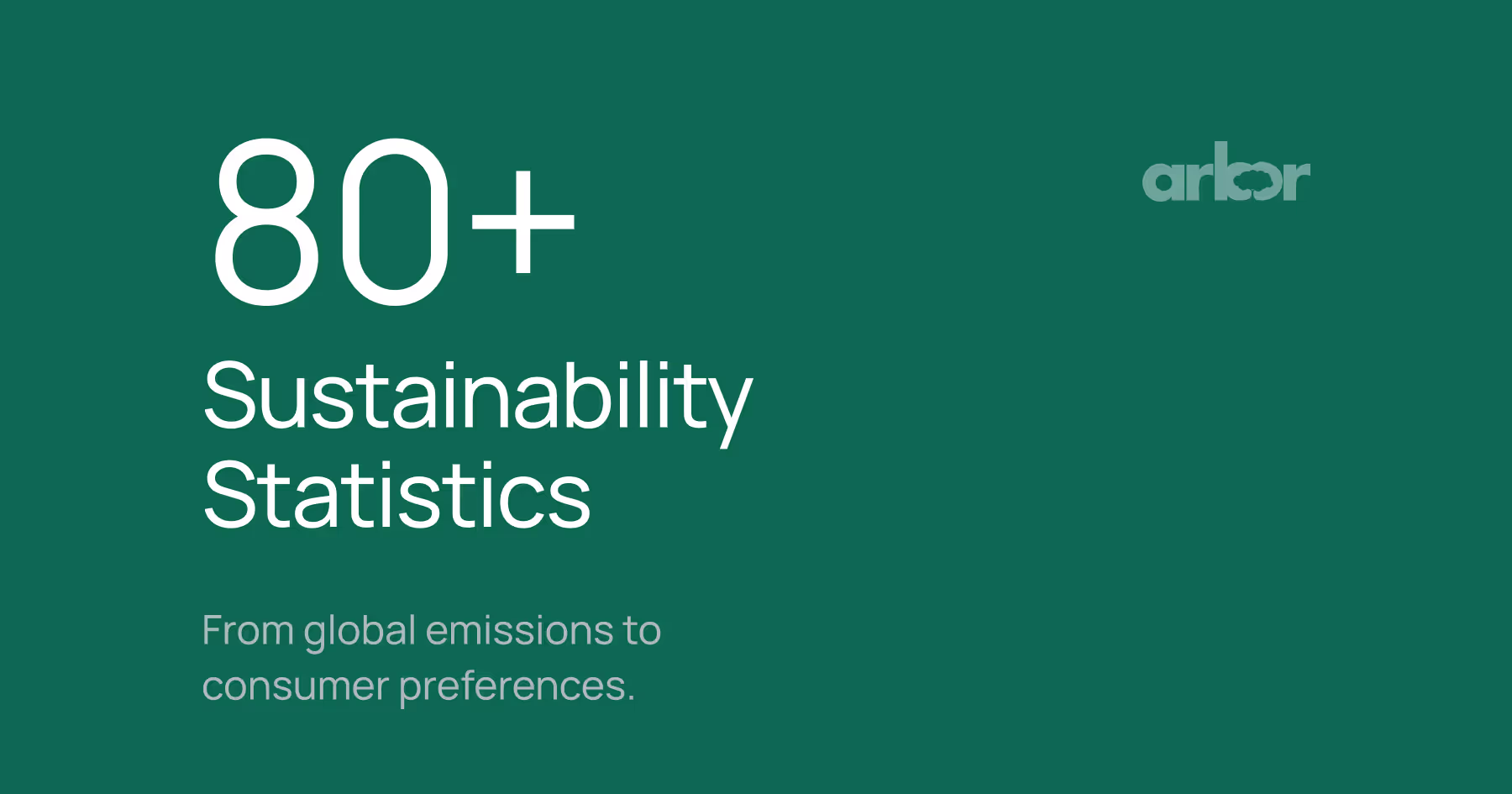
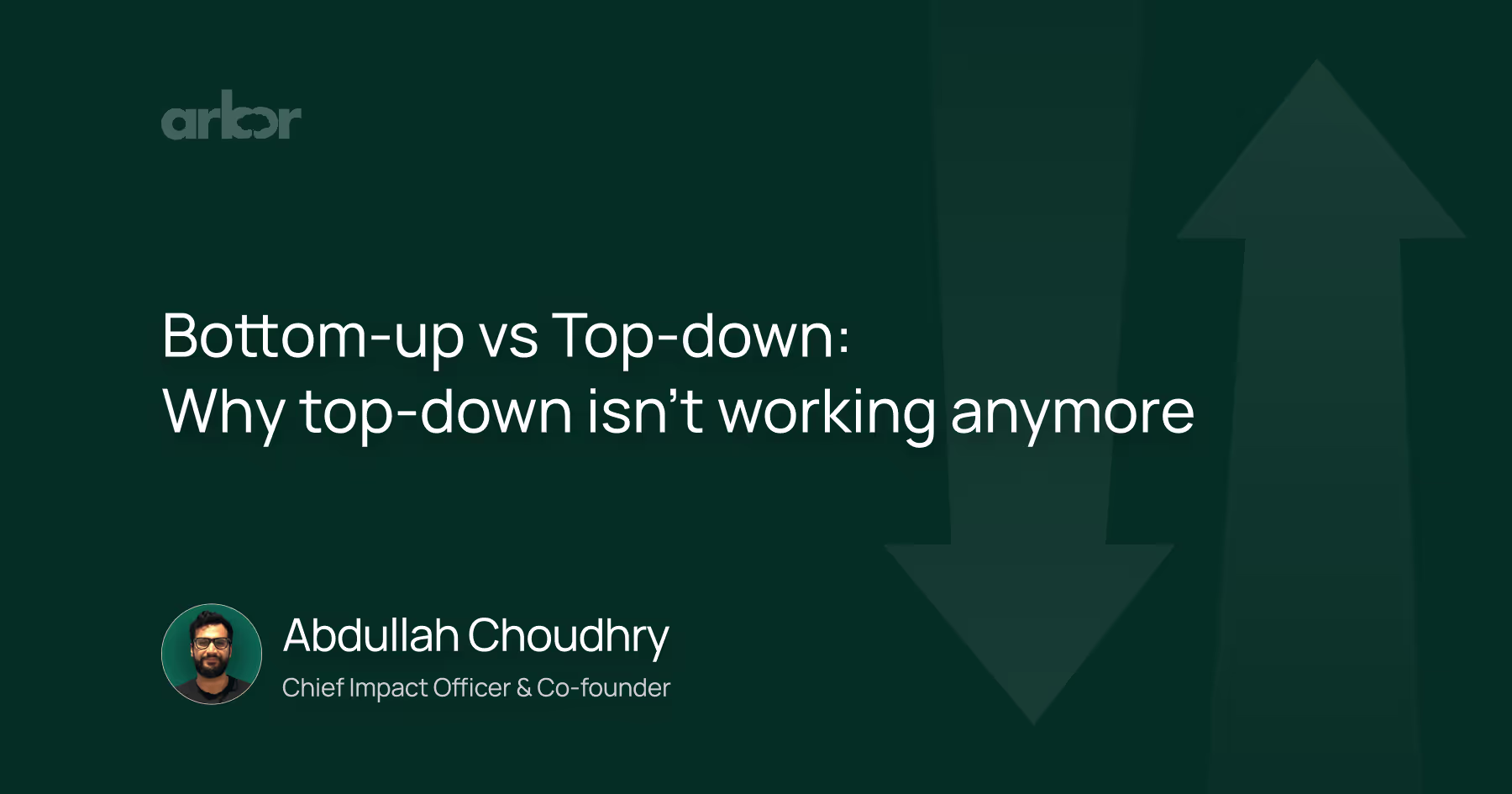
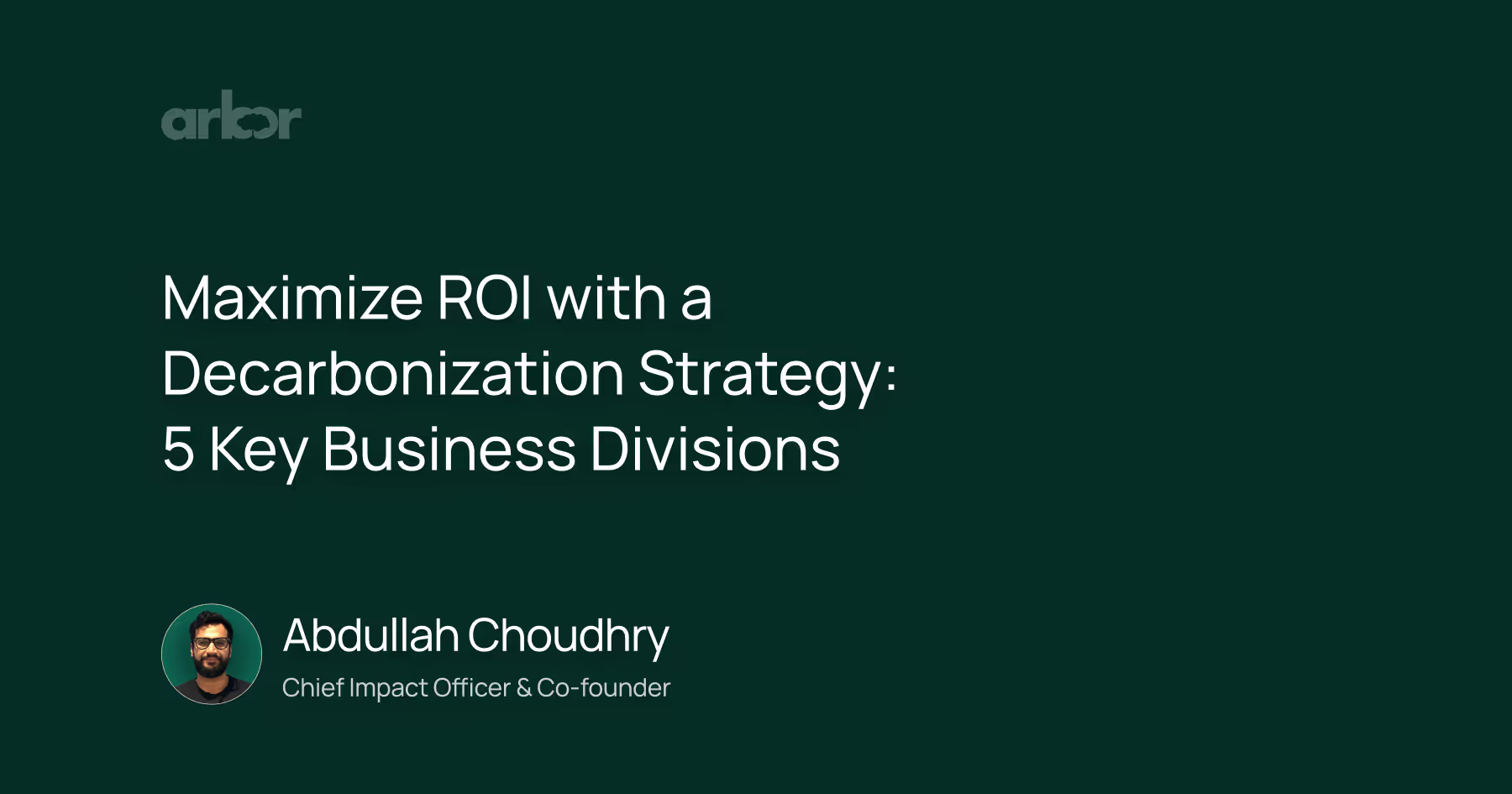

_.avif)
.avif)
%20Arbor.avif)




%20Software%20and%20Tools.avif)





.avif)
.avif)
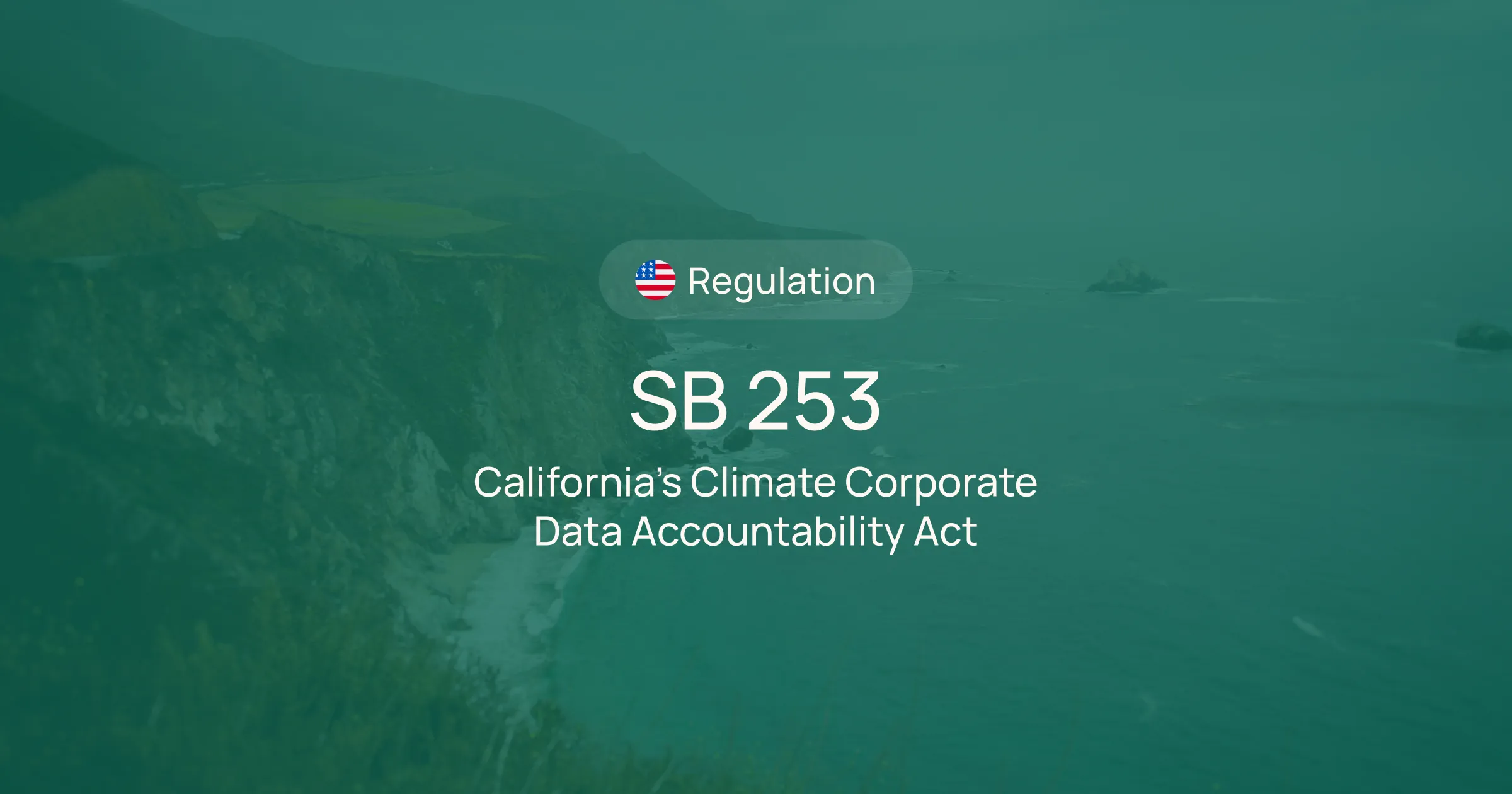



%20EU%20Regulation.avif)







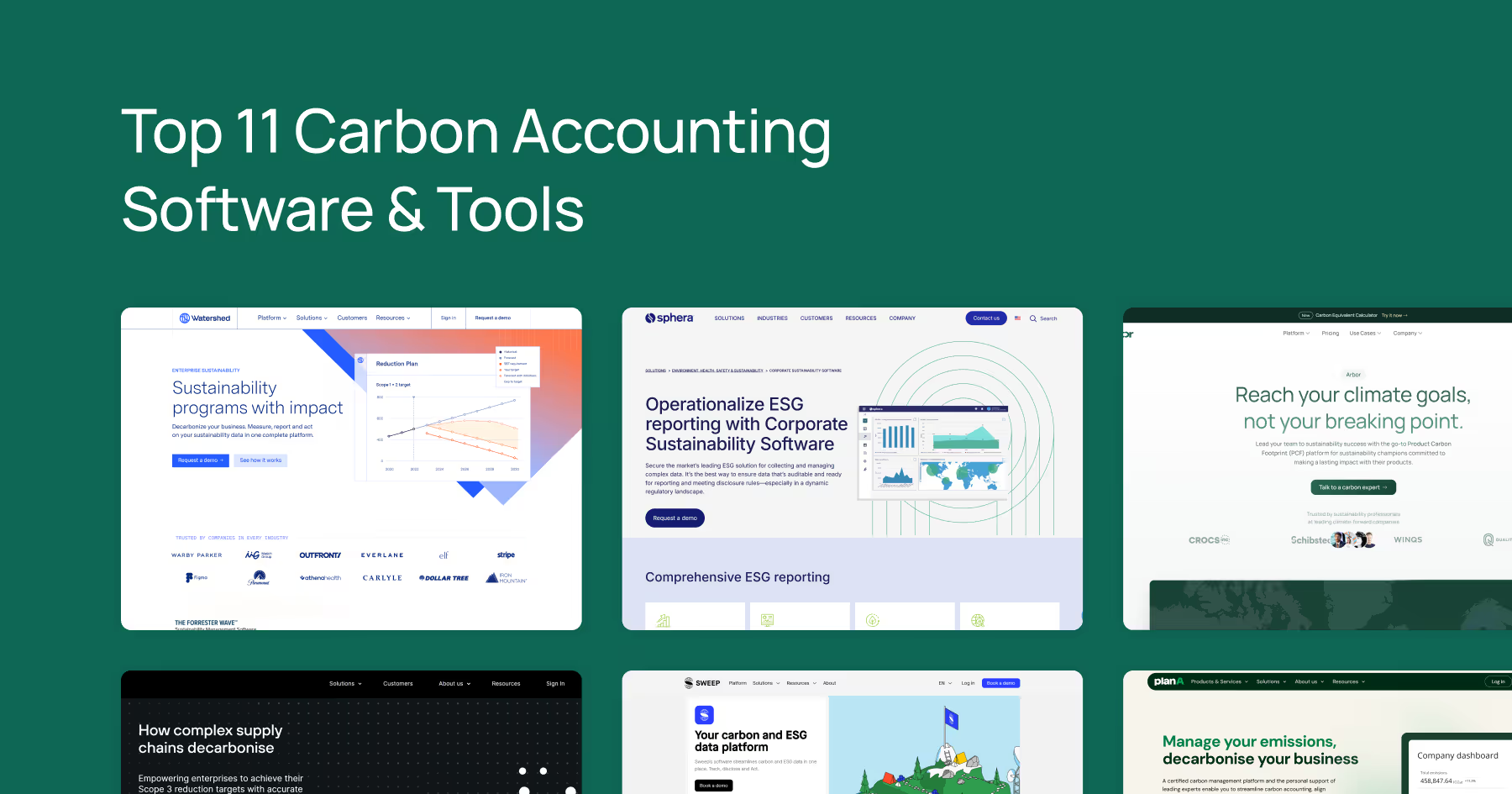




.avif)


%20Arbor.avif)









_%20_%20Carbon%20101.avif)







.avif)









